
Ruth Pearce helps professionals under pressure to find clarity, courage, and capacity.
A transplanted Brit who has lived and worked in the U.S. for more than half her life, Ruth brings over two decades of experience in complex corporate, legal, and project-driven environments—along with lived experience of burnout that reshaped her life and work.
After a highly visible professional collapse abruptly ended her first career, Ruth became deeply curious about how capable, effective people lose their footing—and what it actually takes to rebuild from the inside out.
Today, she works with chronically over-functioning “misfits”: intelligent, sensitive, intense, analytical people who look accomplished on paper but are often exhausted, self-doubting, and quietly asking, “Is this all there is?”
More than anything, Ruth is a "synthesizer". She integrates science, lived experience, education, training, a lifetime of being "the responsible one" and the "peacemaker". She has received training from experts such as Rob Kelly (The Thrive Programme), Robert Biswas-Diener (Positive Acorn), and more. She has received awards for her coaching, and is currently working and studying with the team at Nervous System Economy
Ruth is a wife, a mother, a grandmother, a nature lover, she lives off grid and delights in seeing her dogs romp and play on her five acre property in North Carolina. She is a deep listener, problem solver, irreverent, generous and a leader. She values integrity, loyalty and playfulness.
Clients describe the work as life-changing, challenging, and expansive.
"Let me be honest, [Ruth] is not for the faint at heart... she is ruthless in her quest to help you achieve, thrive and not just survive. If this is what you need she is the best at it. She will question, probe and help you to self discover your own path for success" L.B. State Farm
Available For: Authoring, Consulting, Speaking
Travels From: North Carolina
Speaking Topics: #coaching, #clarity, #courage, #capacity, #futureofwork, #mentalhealthintheworkplace, #burnout, #hope, #characterstrengths, #curiosity
| Ruth Pearce | Points |
|---|---|
| Academic | 155 |
| Author | 415 |
| Influencer | 388 |
| Speaker | 101 |
| Entrepreneur | 129 |
| Total | 1188 |
Points based upon Thinkers360 patent-pending algorithm.
 Mindfulness for Leaders
Mindfulness for Leaders
Tags: Coaching, Future of Work, Mental Health
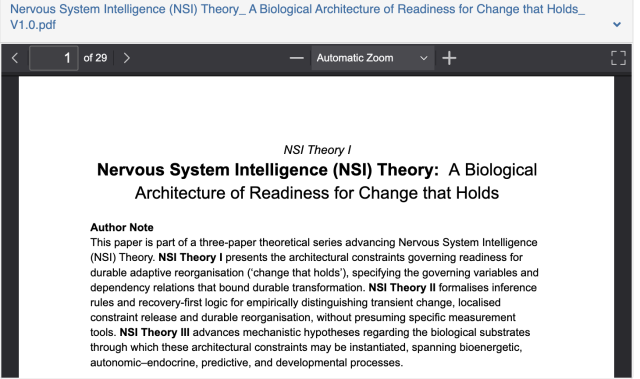 Nervous System Intelligence (NSI) Theory: A Biological Architecture of Readiness for Change that Holds
Nervous System Intelligence (NSI) Theory: A Biological Architecture of Readiness for Change that Holds
Tags: Change Management, Coaching, Mental Health
 The Practice of Character Strengths: Unifying Definitions, Principles, and Exploration of What’s Soaring, Emerging, and Ripe With Potential in Science and in Practice
The Practice of Character Strengths: Unifying Definitions, Principles, and Exploration of What’s Soaring, Emerging, and Ripe With Potential in Science and in Practice
Tags: Coaching, Future of Work, Mental Health
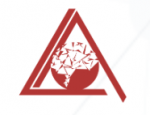 Institute for Neuro- and Behavioral Project Management
Institute for Neuro- and Behavioral Project Management
Tags: Coaching, Future of Work, Mental Health
 From Burnout to Thriving: A Journey of Awareness, Healing, and Rebuilding
From Burnout to Thriving: A Journey of Awareness, Healing, and Rebuilding
Tags: Coaching, Future of Work, Mental Health
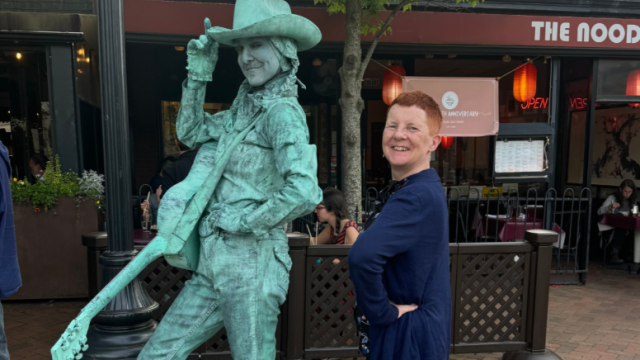 Regulation, Trust, and Psychological Safety: The Hidden Foundations of How We Work and Live
Regulation, Trust, and Psychological Safety: The Hidden Foundations of How We Work and Live
Tags: Coaching, Future of Work, Mental Health
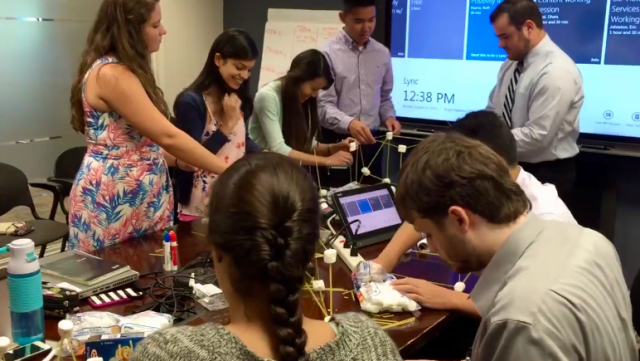 From Discovery to Transformation: My Journey with the VIA Institute on Character
From Discovery to Transformation: My Journey with the VIA Institute on Character
Tags: Coaching, Future of Work, Mental Health
 Be Hopeful, Be Strong, Be Brave, Be Curious
Be Hopeful, Be Strong, Be Brave, Be Curious
Tags: Coaching, Future of Work, Mental Health
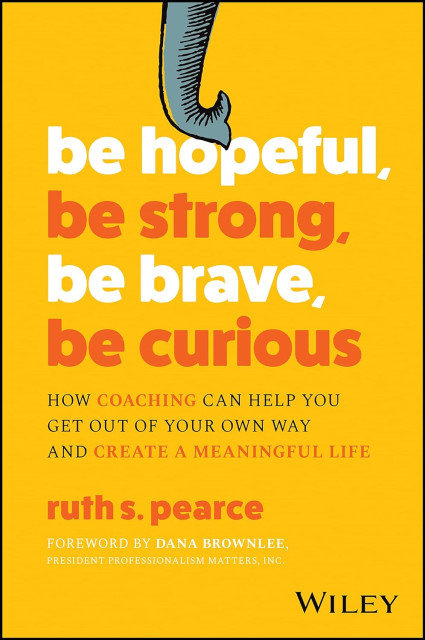 Be Hopeful, Be Strong, Be Brave, Be Curious: How Coaching Can Help You Get Out of Your Own Way and Create A Meaningful Life
Be Hopeful, Be Strong, Be Brave, Be Curious: How Coaching Can Help You Get Out of Your Own Way and Create A Meaningful Life
Tags: Coaching, Future of Work, Mental Health
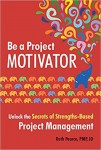 Be a Project Motivator: Unlock the Secrets of Strengths-Based Project Management
Be a Project Motivator: Unlock the Secrets of Strengths-Based Project Management
Tags: Coaching, Future of Work, Mental Health
 Be Hopeful Be Strong, Be Brave, Be Curious
Be Hopeful Be Strong, Be Brave, Be Curious
Tags: Coaching
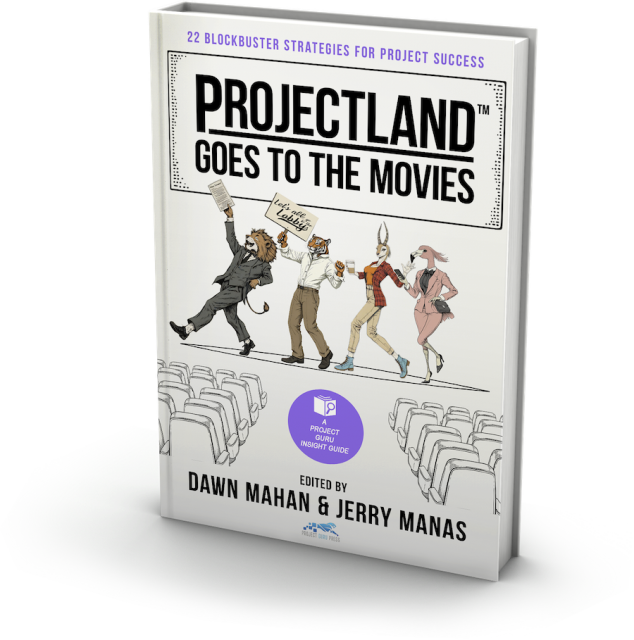 Projectland Goes to the Movies: 22 Blockbuster Strategies for Project Success Kindle Edition
Projectland Goes to the Movies: 22 Blockbuster Strategies for Project Success Kindle Edition
Tags: Coaching, Future of Work, Project Management
 The Volunteering Journey to Project Leadership: A Pathway to Improving Leadership Skills, Broadening Networks, and Exploring New Fields
The Volunteering Journey to Project Leadership: A Pathway to Improving Leadership Skills, Broadening Networks, and Exploring New Fields
Tags: Agentic AI, Coaching, Mental Health
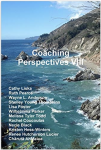 Coaching Perspectives VIII
Coaching Perspectives VIII
Tags: Coaching, Future of Work, Mental Health
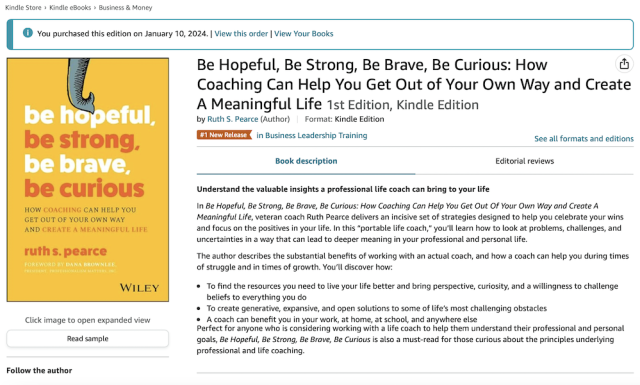 Coaching Illuminated
Coaching Illuminated
Tags: Coaching, Future of Work, Mental Health
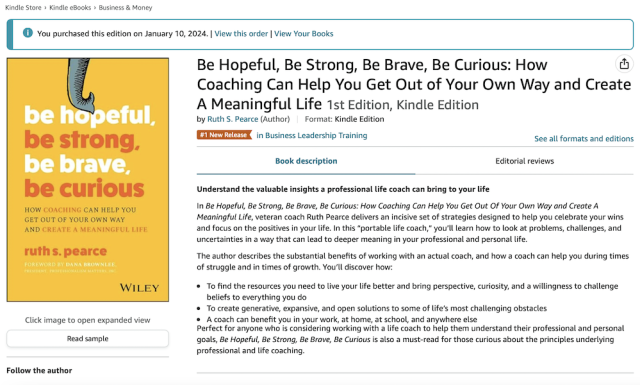 Excellent Book!
Excellent Book!
Tags: Coaching, Future of Work, Mental Health
 5.0 out of 5 stars This Book is a Must Buy
5.0 out of 5 stars This Book is a Must Buy
Tags: Coaching, Future of Work, Mental Health
 5.0 out of 5 stars Wow First of Its Kind - Must Read
5.0 out of 5 stars Wow First of Its Kind - Must Read
Tags: Coaching, Future of Work, Mental Health
 5.0 out of 5 stars Bringing coaching to life
5.0 out of 5 stars Bringing coaching to life
Tags: Coaching, Future of Work, Mental Health
 5.0 out of 5 stars I Highly Recommend
5.0 out of 5 stars I Highly Recommend
Tags: Coaching, Future of Work, Mental Health
 5.0 out of 5 stars Great Read
5.0 out of 5 stars Great Read
Tags: Coaching, Future of Work, Mental Health
 5.0 out of 5 stars What a Fantastic Overview of What Coaching Entails
5.0 out of 5 stars What a Fantastic Overview of What Coaching Entails
Tags: Coaching, Future of Work, Mental Health
 5.0 out of 5 stars A Practical & Insightful Read
5.0 out of 5 stars A Practical & Insightful Read
Tags: Coaching, Future of Work, Mental Health
 5.0 out of 5 stars Like Having Your Own Professional Coach
5.0 out of 5 stars Like Having Your Own Professional Coach
Tags: Coaching, Future of Work, Mental Health
 5.0 out of 5 stars This Book is a Winner
5.0 out of 5 stars This Book is a Winner
Tags: Coaching, Future of Work, Mental Health
 5.0 out of 5 stars Wow This is a Masterclass
5.0 out of 5 stars Wow This is a Masterclass
Tags: Coaching, Future of Work, Mental Health
 5.0 out of 5 stars Take the next best step in a meaningful life
5.0 out of 5 stars Take the next best step in a meaningful life
Tags: Coaching, Future of Work, Mental Health
 5.0 out of 5 stars A Compassionate Guide to Personal Transformation through Coaching
5.0 out of 5 stars A Compassionate Guide to Personal Transformation through Coaching
Tags: Coaching, Future of Work, Mental Health
 5.0 out of 5 stars Great for Coaches & Coaching Clients
5.0 out of 5 stars Great for Coaches & Coaching Clients
Tags: Coaching, Future of Work, Mental Health
 5.0 out of 5 stars What a Great Book
5.0 out of 5 stars What a Great Book
Tags: Coaching, Future of Work, Mental Health
 5.0 out of 5 stars Practical, Respectful and Honest
5.0 out of 5 stars Practical, Respectful and Honest
Tags: Coaching, Future of Work, Mental Health
 5.0 out of 5 stars Very Approachable
5.0 out of 5 stars Very Approachable
Tags: Coaching, Future of Work, Mental Health
 Pearce Insights
Pearce Insights
Tags: Coaching, Future of Work, Mental Health
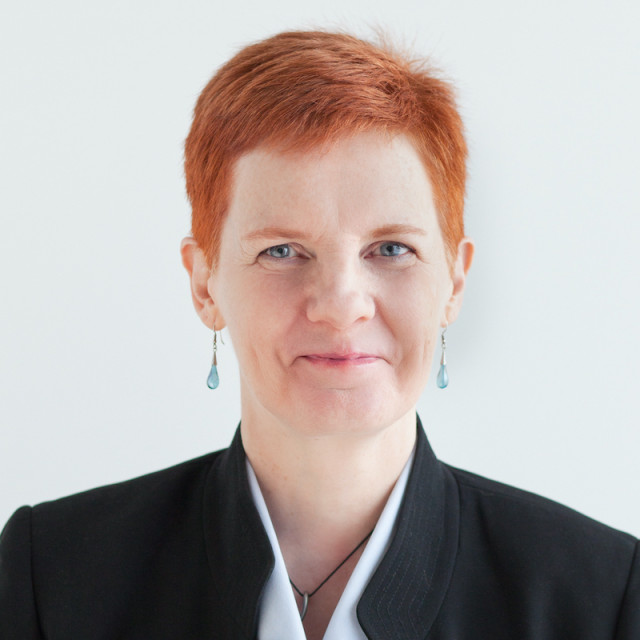 Founder & Principal Consultant ALLE LLC
Founder & Principal Consultant ALLE LLC
Tags: Coaching, Future of Work, Mental Health
 SWUC
SWUC
Issued Jul, 2024 – Expires Jul, 2028
Credential ID HUB-409107
Tags: Coaching, Future of Work, Mental Health
 European Mentoring & Coaching Council - Senior Practitioner
European Mentoring & Coaching Council - Senior Practitioner
Tags: Coaching, Future of Work, Mental Health
 Psychology Today
Psychology Today
Tags: Coaching, Future of Work, Mental Health
 International Coaching Federation - PCC
International Coaching Federation - PCC
Tags: Coaching, Future of Work, Mental Health
Tags: Coaching, Mental Health
 Enterprise World
Enterprise World
Tags: Coaching
 Finance Monthly Global Award
Finance Monthly Global Award
Tags: Coaching
 WomELLE Top 5 Women Coach 2023
WomELLE Top 5 Women Coach 2023
Tags: Coaching
Tags: Future of Work
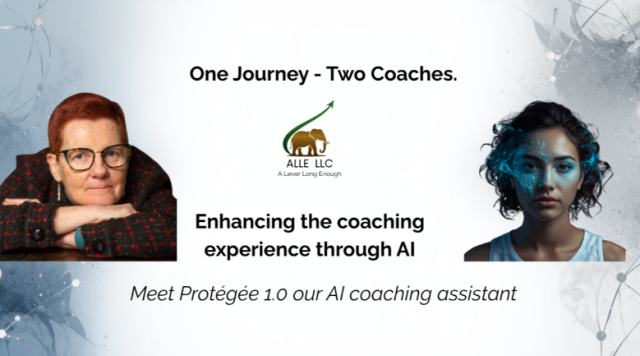 What we learned about AI coaching from our (amazing) focus group
What we learned about AI coaching from our (amazing) focus group
Tags: Coaching, Customer Experience, Mental Health
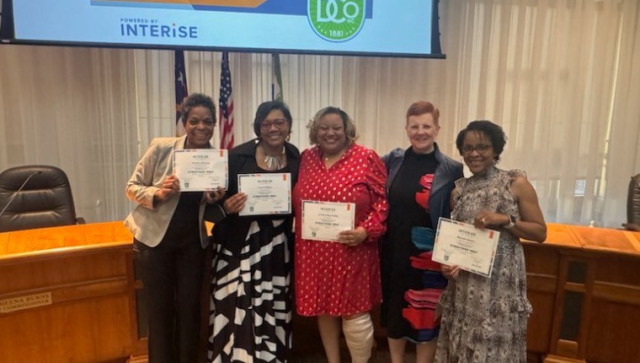 What Makes Coaching Transformational (Not Transactional)
What Makes Coaching Transformational (Not Transactional)
Tags: Coaching, Future of Work, Mental Health
 Rebuilding After Collapse: The Gentle Climb Back to Yourself
Rebuilding After Collapse: The Gentle Climb Back to Yourself
Tags: Coaching, Future of Work, Mental Health
 Turning Judgment Into Curiosity: What a Strengths Test Taught Us About Self-Compassion
Turning Judgment Into Curiosity: What a Strengths Test Taught Us About Self-Compassion
Tags: Coaching, Future of Work, Mental Health
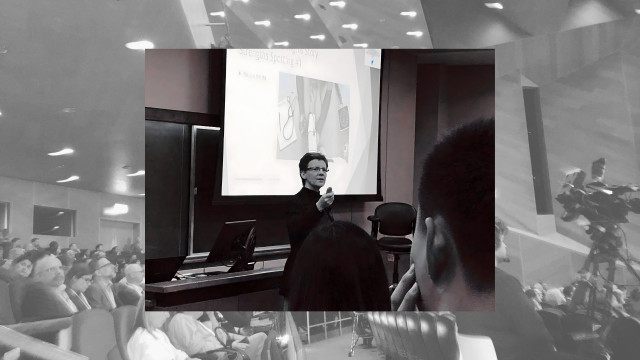 Speaking Case Study: The Science of Character Strengths — Using What’s Strong to Do What Matters
Speaking Case Study: The Science of Character Strengths — Using What’s Strong to Do What Matters
Tags: Coaching, Future of Work, Mental Health
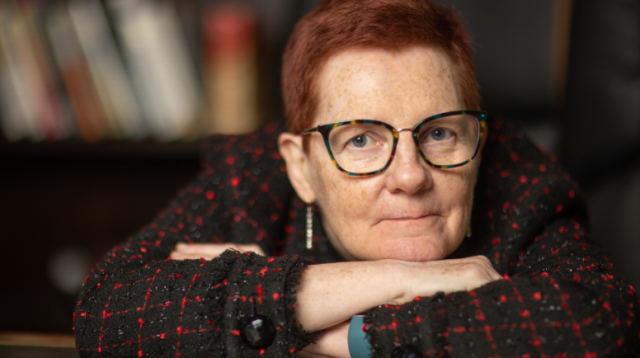 Coaching Case Studies:
Coaching Case Studies:
Tags: Coaching, Future of Work, Mental Health
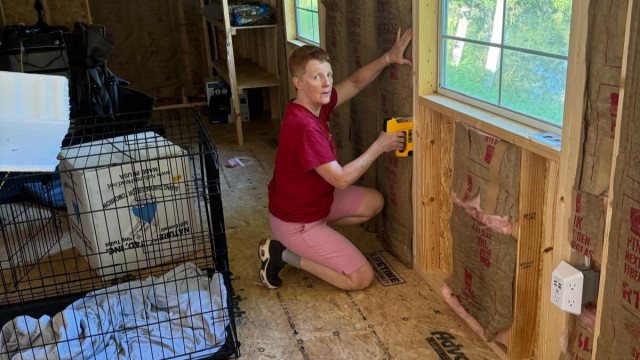 From Aha to Action: Turning Insights into Real Habits
From Aha to Action: Turning Insights into Real Habits
Tags: Coaching, Future of Work, Mental Health
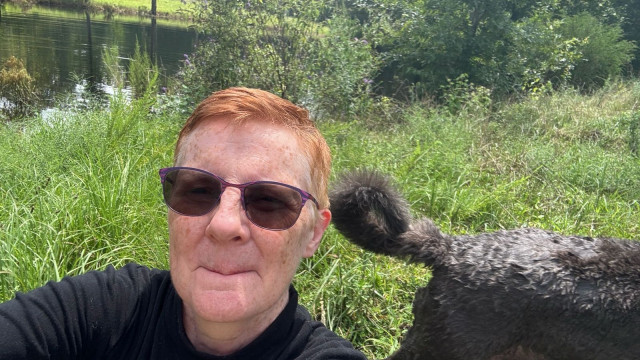 Why Vulnerability Makes Leaders Stronger
Why Vulnerability Makes Leaders Stronger
Tags: Coaching, Future of Work, Mental Health
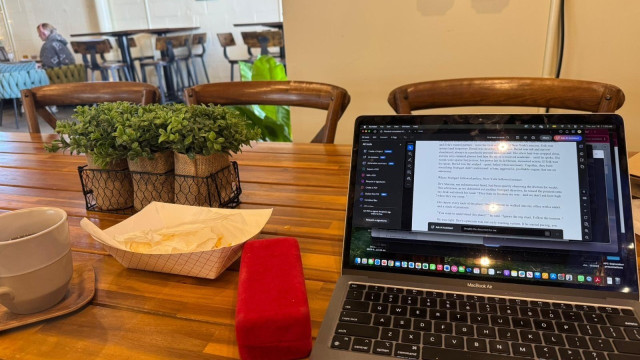 Be Curious: Trusting the Process, Even When It’s Uncertain
Be Curious: Trusting the Process, Even When It’s Uncertain
Tags: Coaching, Future of Work, Mental Health
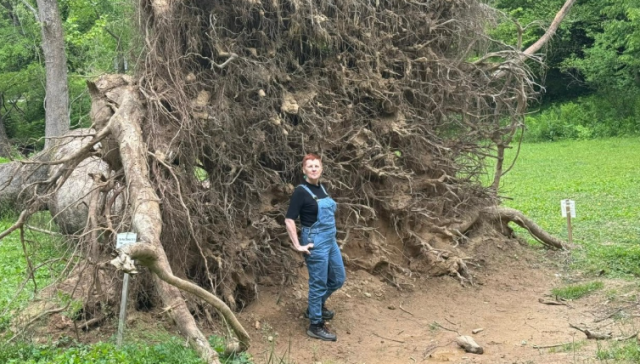 Be Brave: Facing the Inner Critic During Mock Exams
Be Brave: Facing the Inner Critic During Mock Exams
Tags: Coaching, Future of Work, Mental Health
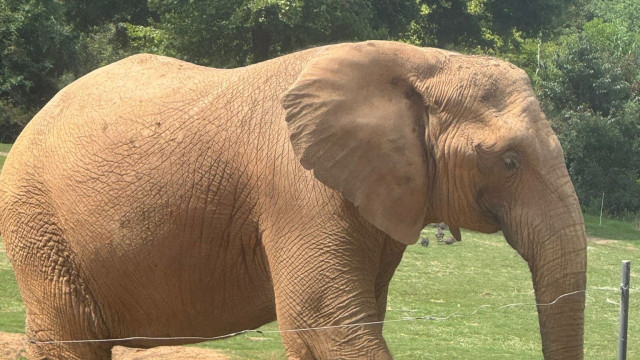 Be Strong: The Kind of Strength That Doesn’t Burn You Out
Be Strong: The Kind of Strength That Doesn’t Burn You Out
Tags: Coaching, Future of Work, Mental Health
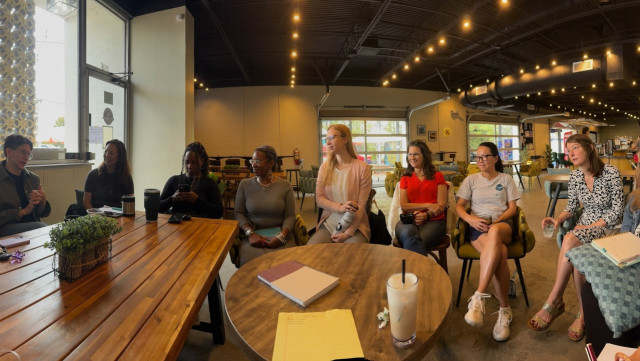 At zero o'clock each Monday I ask myself the same question...
At zero o'clock each Monday I ask myself the same question...
Tags: Coaching, Future of Work, Mental Health
 Be Hopeful: Navigating Uncertainty with a Regulated Mindset
Be Hopeful: Navigating Uncertainty with a Regulated Mindset
Tags: Coaching, Future of Work, Mental Health
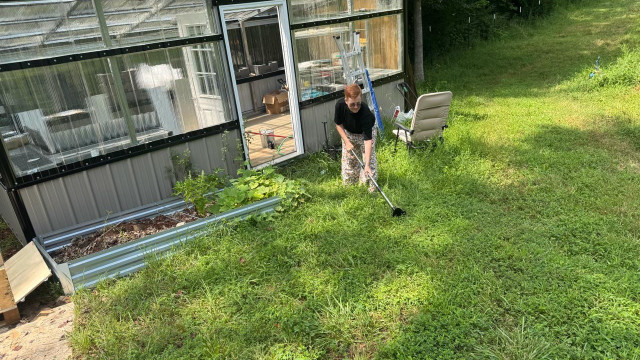 Redefining Privilege: A New Way to Look at an Old Word
Redefining Privilege: A New Way to Look at an Old Word
Tags: Coaching, Future of Work, Mental Health
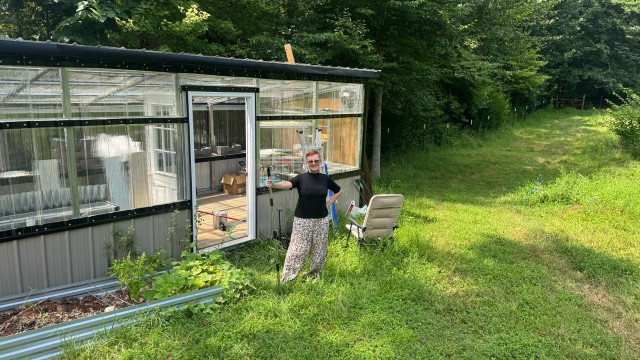 What the Forgetting Curve Taught Me About Leadership (and My Dad Was Right All Along)
What the Forgetting Curve Taught Me About Leadership (and My Dad Was Right All Along)
Tags: Coaching, Future of Work, Mental Health
 What If Happiness Isn’t the Goal?
What If Happiness Isn’t the Goal?
Tags: Coaching, Future of Work, Mental Health
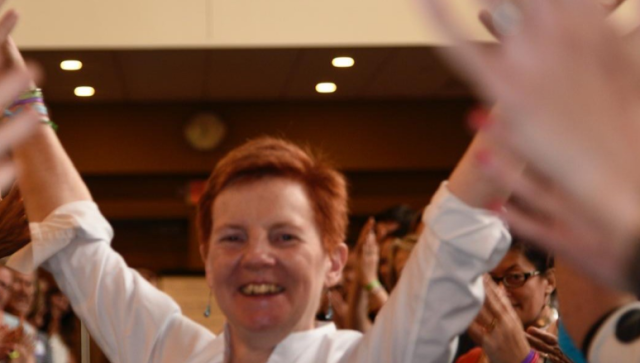 I found my Rhythm during Bar Prep and I'm not giving it back
I found my Rhythm during Bar Prep and I'm not giving it back
Tags: Coaching, Future of Work, Mental Health
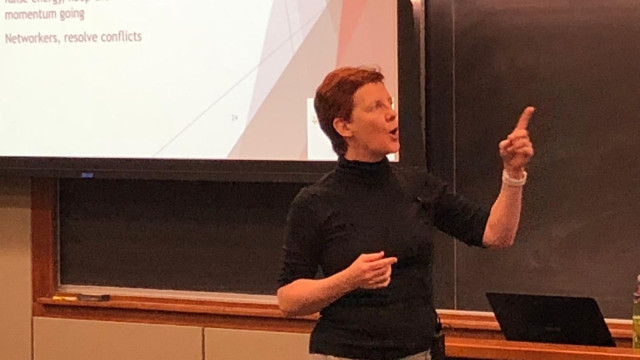 I’ve helped leaders navigate change for decades. Now I’m walking the same terrain with no shortcuts.
I’ve helped leaders navigate change for decades. Now I’m walking the same terrain with no shortcuts.
Tags: Coaching, Future of Work, Mental Health
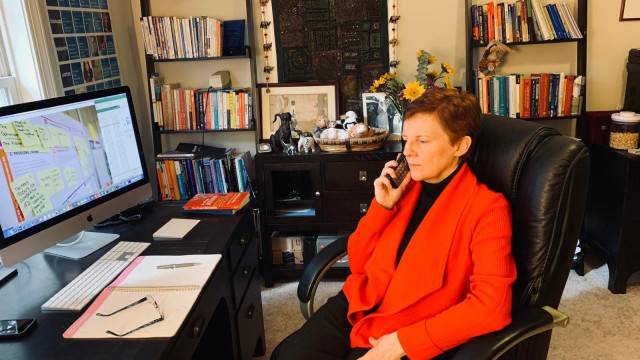 I studied for hours… and still forgot half of it. Cognitive overload is real and human.
I studied for hours… and still forgot half of it. Cognitive overload is real and human.
Tags: Coaching, Future of Work, Mental Health
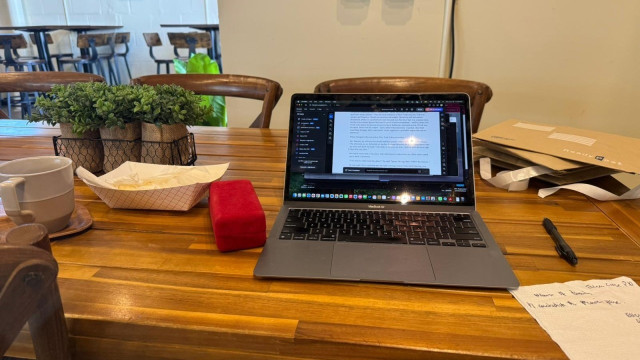 I’m Not Aiming for Perfect. I’m Practicing Being Fully Present.
I’m Not Aiming for Perfect. I’m Practicing Being Fully Present.
Tags: Coaching, Future of Work, Mental Health
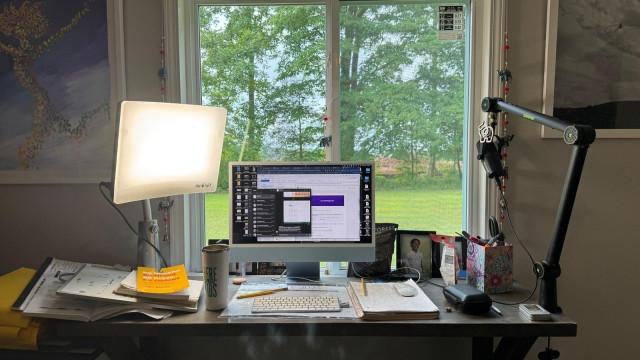 The Hardest Part Isn’t Learning. It’s Giving Yourself Permission to Be a Learner Again
The Hardest Part Isn’t Learning. It’s Giving Yourself Permission to Be a Learner Again
Tags: Coaching, Future of Work, Mental Health
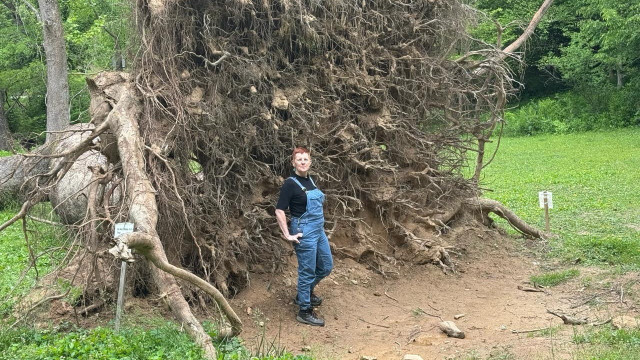 I No Longer Plan by Time Blocks, Energy Is My New Clock
I No Longer Plan by Time Blocks, Energy Is My New Clock
Tags: Coaching, Future of Work, Mental Health
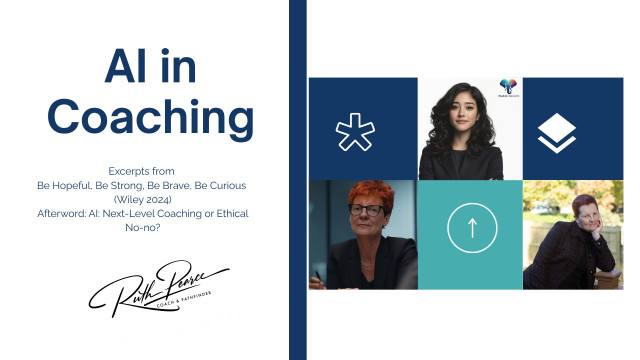 Part 2: When AI Joins the Coaching Session—Would You Know?
Part 2: When AI Joins the Coaching Session—Would You Know?
Tags: Coaching, Future of Work, Mental Health
 Coaching others through transition taught me a lot. Coaching myself through this bar exam? Whole new level of duality
Coaching others through transition taught me a lot. Coaching myself through this bar exam? Whole new level of duality
Tags: Coaching, Future of Work, Mental Health
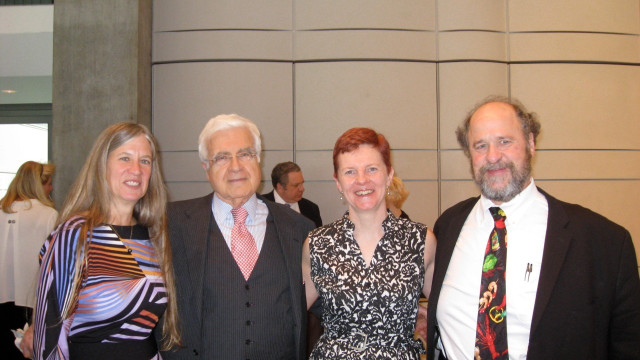 Part 1: The Rise of AI in Coaching—Excitement or Ethical Alarm?
Part 1: The Rise of AI in Coaching—Excitement or Ethical Alarm?
Tags: Coaching, Future of Work, Mental Health
 LinkedIn Learning Instructor - Team Coaching Strategies for Leaders - 4.7/5
LinkedIn Learning Instructor - Team Coaching Strategies for Leaders - 4.7/5
Tags: Coaching, Future of Work, Mental Health
 Character Strengths & Coaching for Law Students
Character Strengths & Coaching for Law Students
Tags: Coaching, Future of Work, Mental Health
 VIA Institute on Character Faculty
VIA Institute on Character Faculty
Tags: Coaching, Future of Work, Mental Health
 LinkedIn Learning Instructor - Fearless Leadership - Becoming More Assertive - 4.7/5
LinkedIn Learning Instructor - Fearless Leadership - Becoming More Assertive - 4.7/5
Tags: Future of Work, Leadership, Mental Health
 LinkedIn Learning Instructor - Project Manager Burnout: Recognizing, Disrupting, and Reversing
LinkedIn Learning Instructor - Project Manager Burnout: Recognizing, Disrupting, and Reversing
Tags: Future of Work, Leadership, Mental Health
 LinkedIn Learning Instructor - Mindfulness a Critical Skill for Project Managers & Leaders - 4.7/5
LinkedIn Learning Instructor - Mindfulness a Critical Skill for Project Managers & Leaders - 4.7/5
Tags: Future of Work, Leadership, Mental Health
 LinkedIn Learning Instructor - https://www.linkedin.com/learning/project-manager-to-project-motivator-unlock-the-secrets-of-strengths-based-project-management - 4.7/5
LinkedIn Learning Instructor - https://www.linkedin.com/learning/project-manager-to-project-motivator-unlock-the-secrets-of-strengths-based-project-management - 4.7/5
Tags: Future of Work, Leadership, Mental Health
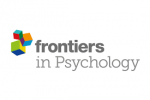 The Practice of Character Strengths: Unifying Definitions, Principles, and Exploration of What’s Soaring, Emerging, and Ripe With Potential in Science and in Practice
The Practice of Character Strengths: Unifying Definitions, Principles, and Exploration of What’s Soaring, Emerging, and Ripe With Potential in Science and in Practice
Tags: Coaching, Future of Work, Mental Health
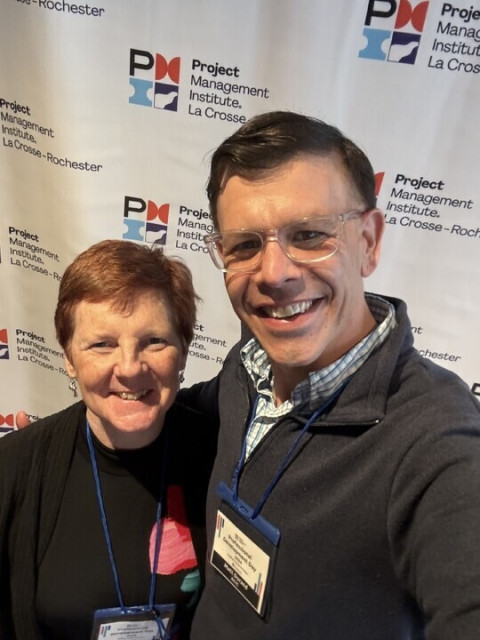 The Closing Keynote
The Closing Keynote
Tags: Coaching, Future of Work, Mental Health
Tags: Future of Work, Leadership, Mental Health
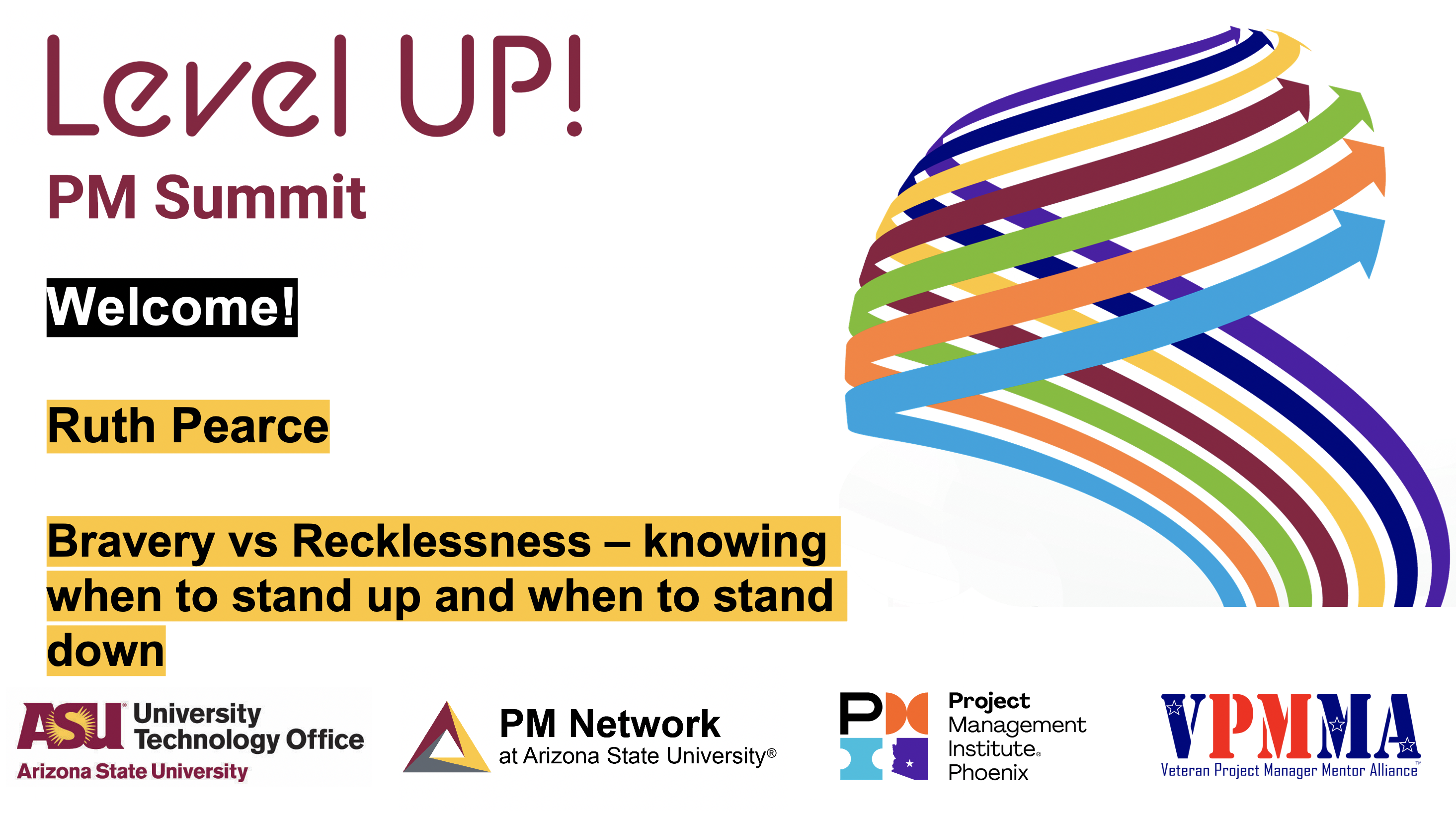 Bravery vs Recklessness: Knowing when to stand up and when to stand down
Bravery vs Recklessness: Knowing when to stand up and when to stand down
Tags: Future of Work, Leadership, Mental Health
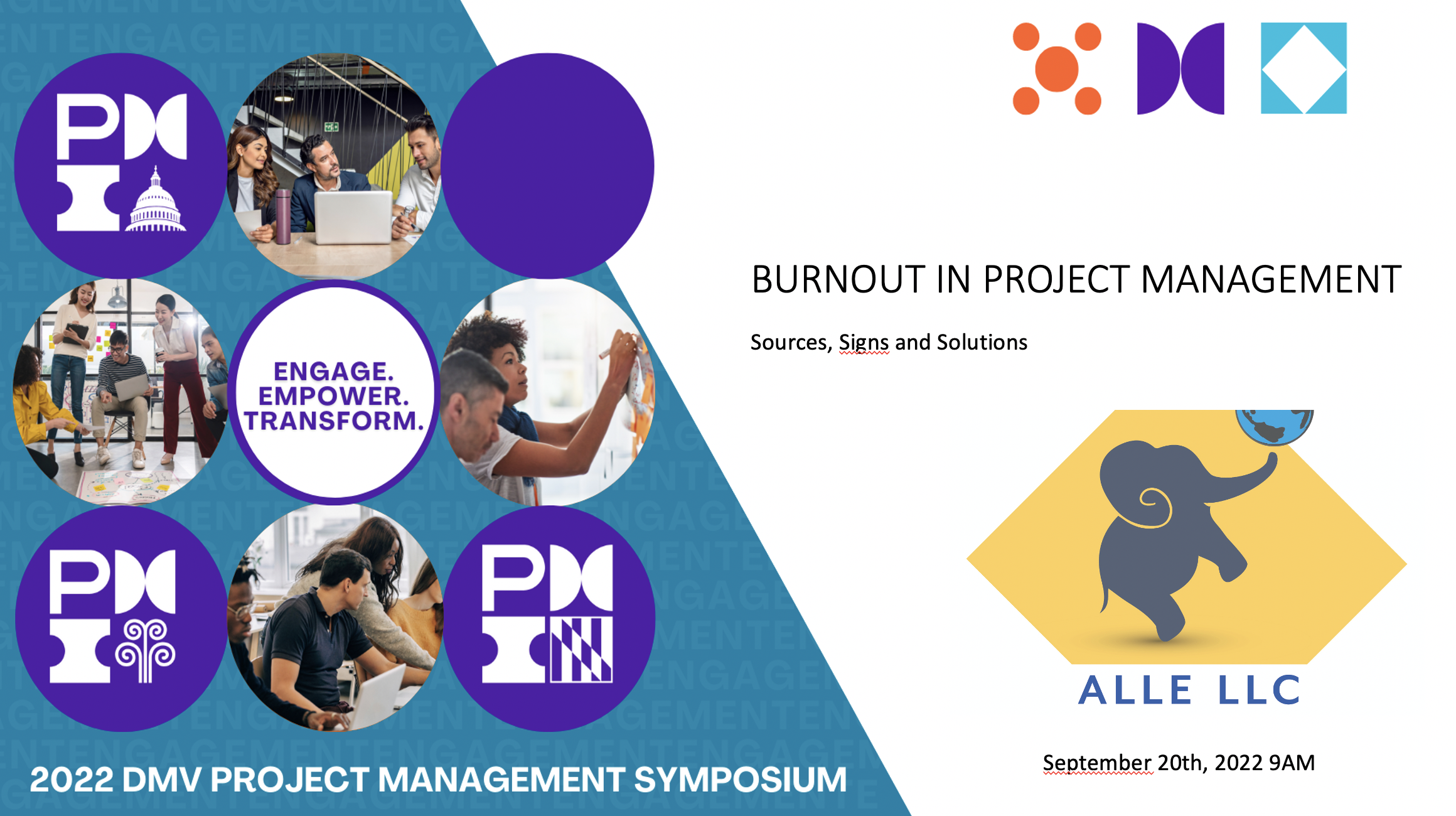 Burnout: Sources, Signs and Solutions
Burnout: Sources, Signs and Solutions
Tags: Future of Work, Leadership, Mental Health
 Social Intelligence: Why we need it and how we can get it!
Social Intelligence: Why we need it and how we can get it!
Tags: Future of Work, Leadership, Mental Health

Tags: Coaching, Future of Work, Mental Health
Tags: Coaching, Future of Work, Mental Health

Tags: Coaching, Future of Work, Mental Health
 Fast Company - How to Ask Someone at Work if They're Vaccinated
Fast Company - How to Ask Someone at Work if They're Vaccinated
Tags: Coaching, Future of Work, Mental Health
Tags: Future of Work, Leadership, Mental Health
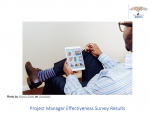 Project Manager Effectiveness Survey Results
Project Manager Effectiveness Survey Results
Tags: Future of Work, Leadership, Mental Health
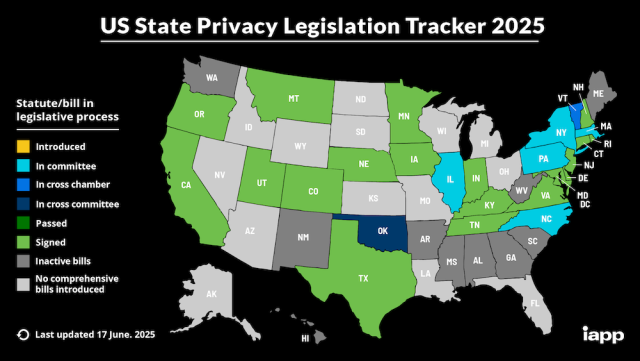 International Association of Privacy Professionals
International Association of Privacy Professionals
Tags: Agentic AI, Coaching, Privacy
 Durham Chamber of Commerce Ambassador
Durham Chamber of Commerce Ambassador
Tags: Coaching, Future of Work, Mental Health
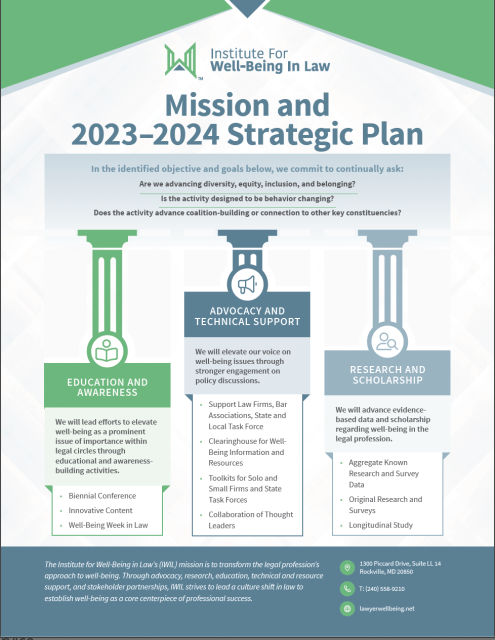 Institute for Wellbeing in Law
Institute for Wellbeing in Law
Tags: Coaching, Future of Work, Mental Health
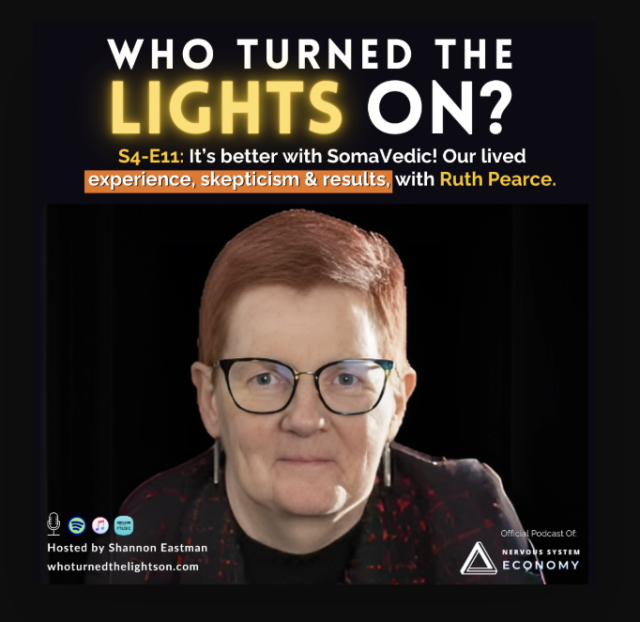 S4:E11 - It’s better with SomaVedic! Our lived experience, skepticism & results, with Ruth Pearce.
S4:E11 - It’s better with SomaVedic! Our lived experience, skepticism & results, with Ruth Pearce.
Tags: Coaching, Future of Work, Mental Health
 #503. The Power of Asking "What Else?” & How You Can Be More Brave with Ruth Pearce
#503. The Power of Asking "What Else?” & How You Can Be More Brave with Ruth Pearce
Tags: Coaching, Future of Work, Mental Health
 #499. The Hidden Superpower You're Ignoring (And How to Use It) with Ruth Pearce
#499. The Hidden Superpower You're Ignoring (And How to Use It) with Ruth Pearce
Tags: Coaching, Future of Work, Mental Health
 Rant with Reason Episode 2
Rant with Reason Episode 2
Tags: Coaching, Future of Work, Mental Health
 A Leader's Journey Episode 7
A Leader's Journey Episode 7
Tags: Coaching, Future of Work, Mental Health
 A Leader's Journey Episode 6
A Leader's Journey Episode 6
Tags: Coaching, Future of Work, Mental Health
 #491. Prevent Burnout & Unlock Flourishing | 4-Part Framework with Ruth Pearce
#491. Prevent Burnout & Unlock Flourishing | 4-Part Framework with Ruth Pearce
Tags: Coaching, Future of Work, Mental Health
 A Leader's Journey Episode 5
A Leader's Journey Episode 5
Tags: Coaching, Future of Work, Mental Health
 A Leader's Journey Episode 4
A Leader's Journey Episode 4
Tags: Coaching, Future of Work, Mental Health
 The Leader's Journey Episode 3
The Leader's Journey Episode 3
Tags: Coaching, Future of Work, Mental Health
 Rant with Reason Episode 1
Rant with Reason Episode 1
Tags: Coaching, Future of Work, Mental Health
 The Leader's Journey Episode 2
The Leader's Journey Episode 2
Tags: Coaching, Future of Work, Mental Health
 The Leader's Journey Episode 1
The Leader's Journey Episode 1
Tags: Coaching, Future of Work, Mental Health
 ICF Coaching week
ICF Coaching week
Tags: Coaching, Future of Work, Mental Health
 ICF Coaching week 2
ICF Coaching week 2
Tags: Coaching, Future of Work, Mental Health
 ICF Coaching week 3
ICF Coaching week 3
Tags: Coaching, Future of Work, Mental Health
 ICF Coaching week 4
ICF Coaching week 4
Tags: Coaching, Future of Work, Mental Health
 ICF Coaching week 5
ICF Coaching week 5
Tags: Coaching, Future of Work, Mental Health
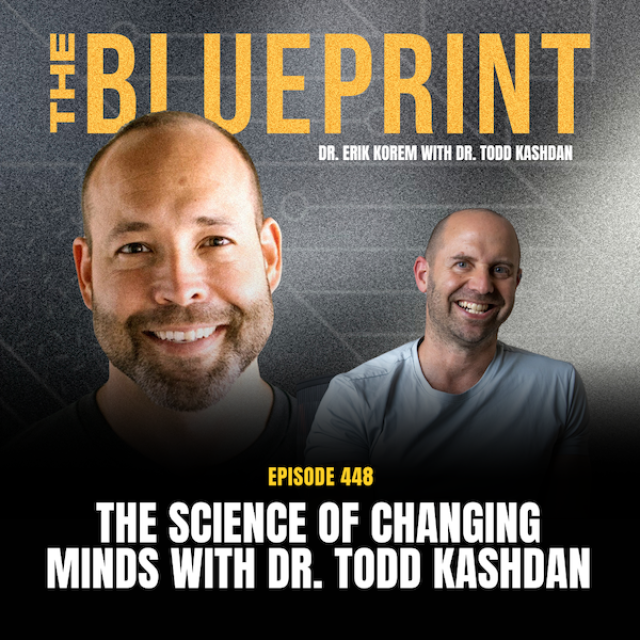 #451. The Science of Grit: How to Stay Resilient Through Setbacks with Dr. Todd Kashdan
#451. The Science of Grit: How to Stay Resilient Through Setbacks with Dr. Todd Kashdan
Tags: Coaching, Future of Work, Mental Health
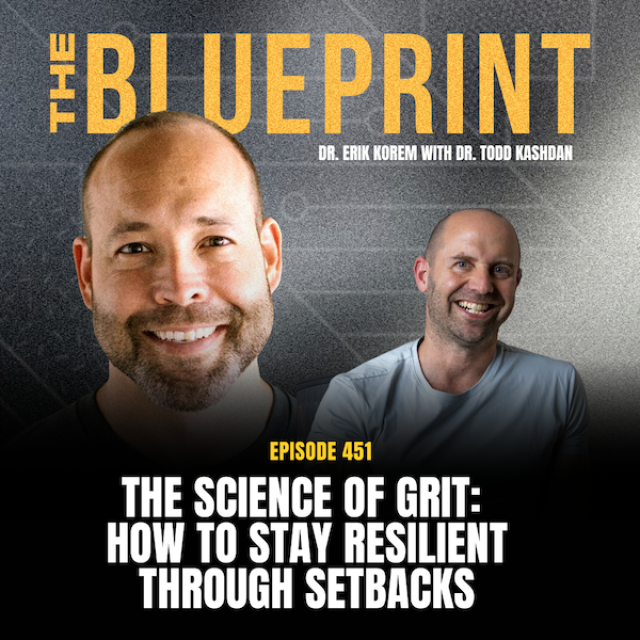 #448. The Science of Changing Minds with Dr. Todd Kashdan
#448. The Science of Changing Minds with Dr. Todd Kashdan
Tags: Coaching, Future of Work, Mental Health
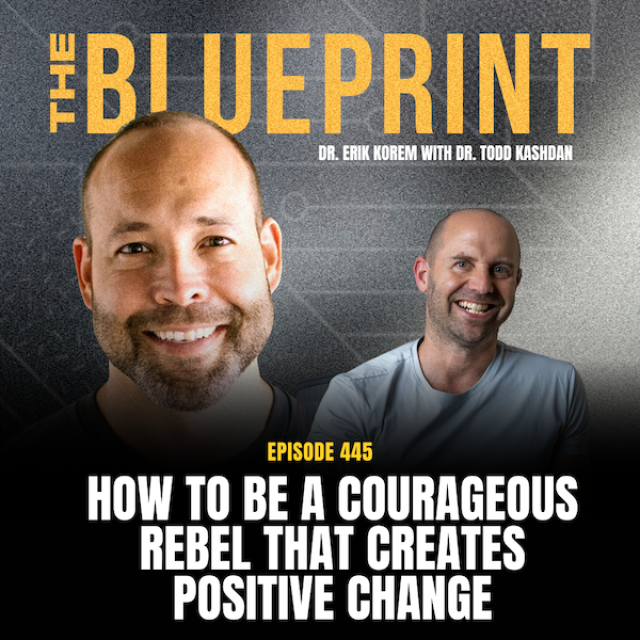 #445. How to be a Courageous Rebel that Creates Positive Change with Dr. Todd Kashdan
#445. How to be a Courageous Rebel that Creates Positive Change with Dr. Todd Kashdan
Tags: Coaching, Future of Work, Mental Health
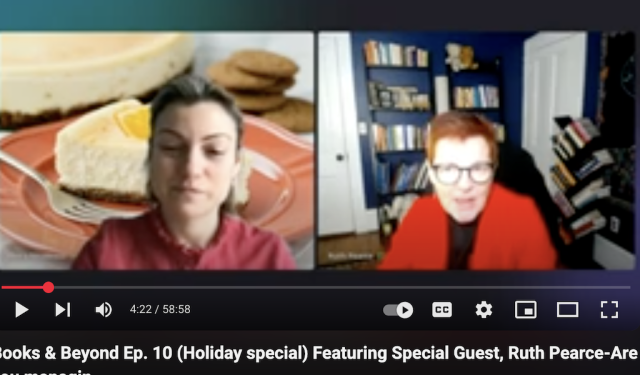 Ruth on Books & Beyond with Ilinca Nicolescu
Ruth on Books & Beyond with Ilinca Nicolescu
Tags: Coaching, Future of Work, Mental Health
 Bravery an Exploration
Bravery an Exploration
Tags: Coaching, Future of Work, Mental Health
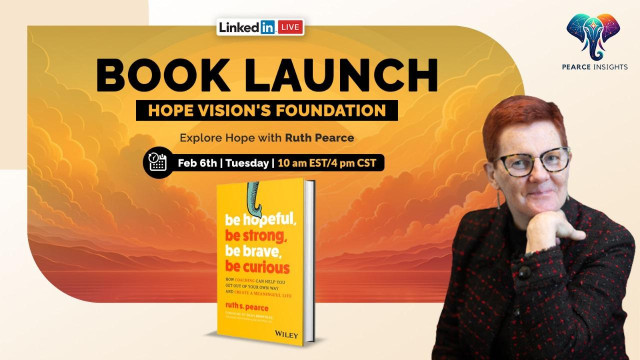 Pearce Insights Book Launch Event - HOPE
Pearce Insights Book Launch Event - HOPE
Tags: Coaching, Future of Work, Mental Health
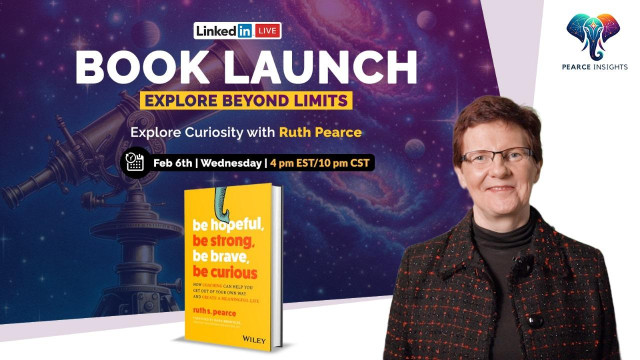 Pearce Insights Book Launch Event - CURIOSITY
Pearce Insights Book Launch Event - CURIOSITY
Tags: Coaching, Future of Work, Mental Health
 Coaching for Project Success - How Coaching Leads to Effective Project Leadership!
Coaching for Project Success - How Coaching Leads to Effective Project Leadership!
Tags: Coaching, Future of Work, Mental Health
 Sis You Good
Sis You Good
Tags: Coaching, Future of Work, Mental Health

Tags: Coaching, Future of Work, Mental Health
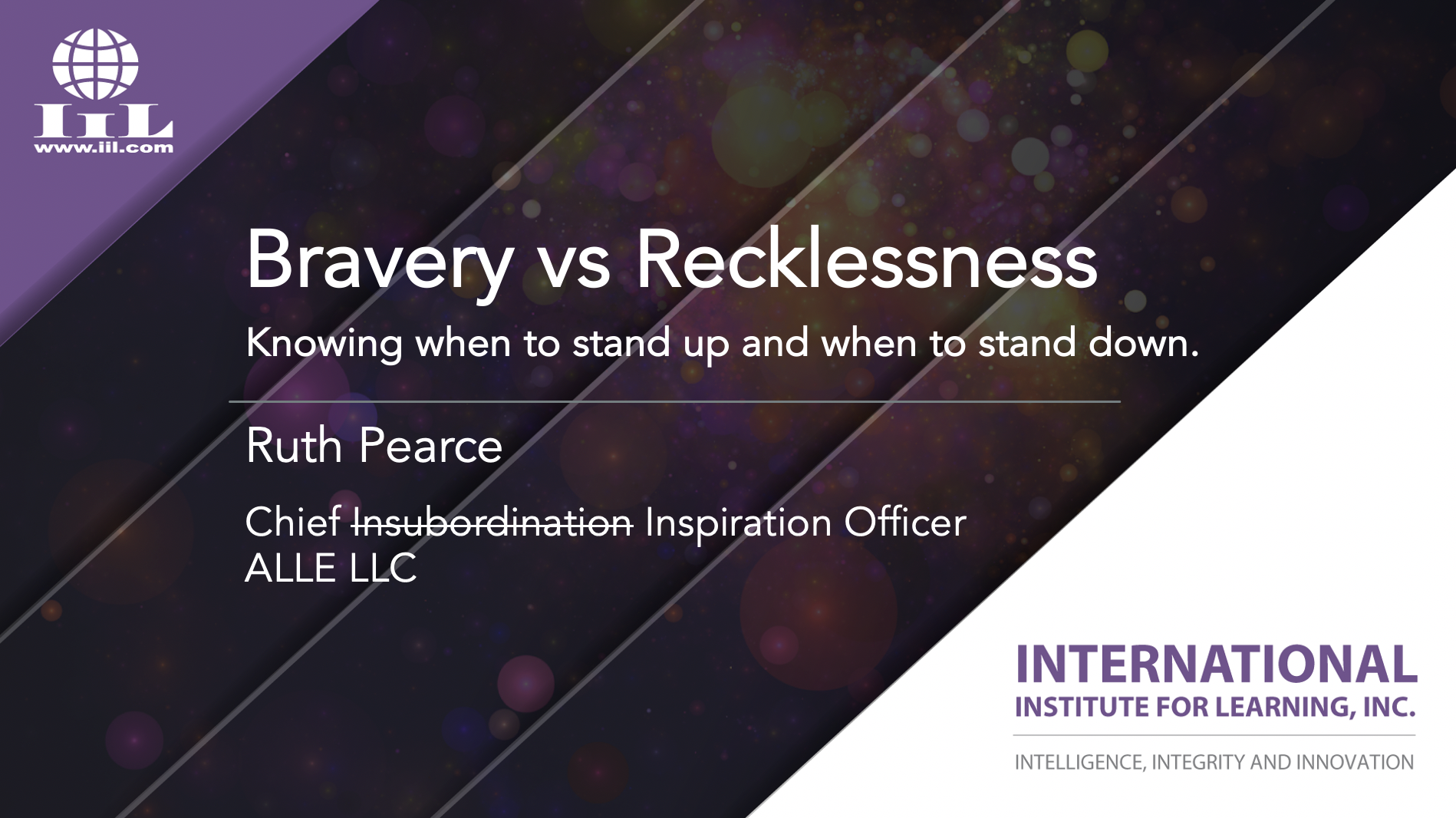 Bravery vs Recklessness: Knowing when to stand up and when to stand down
Bravery vs Recklessness: Knowing when to stand up and when to stand down
Tags: Coaching, Future of Work, Mental Health
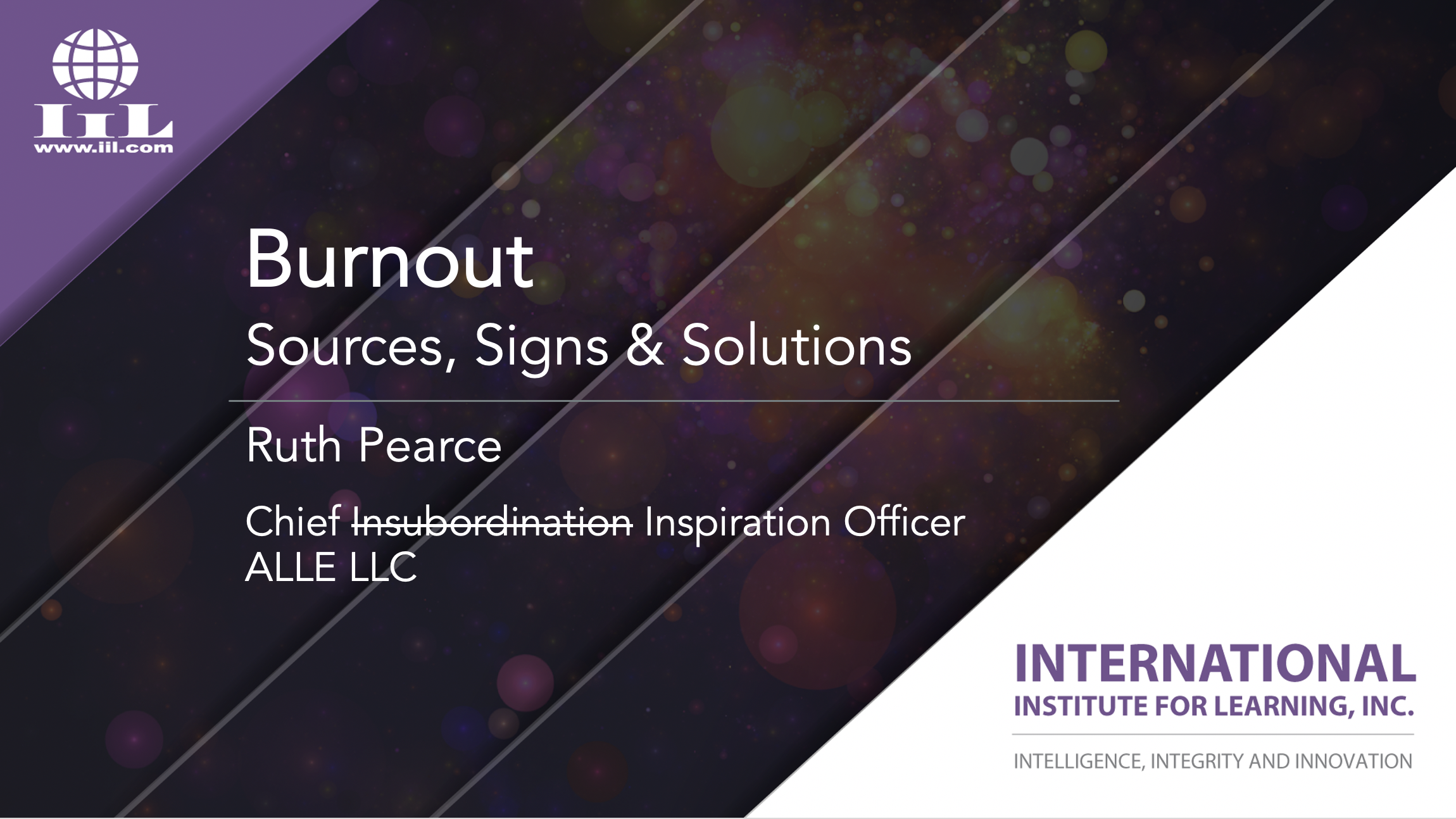 Burnout: Sources, Signs and Solutions
Burnout: Sources, Signs and Solutions
Tags: Coaching, Future of Work, Mental Health
 From Project Manager to Project Motivator
From Project Manager to Project Motivator
Tags: Future of Work, Leadership, Mental Health
 Burnout Sources Signs & Solutions
Burnout Sources Signs & Solutions
Tags: Future of Work, Leadership, Mental Health
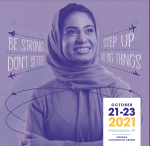 Society of Women Engineers Annual Conference
Society of Women Engineers Annual Conference
Tags: Future of Work, Leadership, Mental Health
Tags: Future of Work, Leadership, Mental Health
 PMI Dallas Chapter Professional Development Day
PMI Dallas Chapter Professional Development Day
Tags: Future of Work, Leadership, Mental Health

Tags: Future of Work, Leadership, Mental Health
 Getting the Communication Right: How to Build Social Intelligence into the Message
Getting the Communication Right: How to Build Social Intelligence into the Message
Tags: Future of Work, Leadership, Mental Health
 In the Here and Now: Using mindfulness practices to enhance personal and team performance
In the Here and Now: Using mindfulness practices to enhance personal and team performance
Tags: Future of Work, Leadership, Mental Health
 Strengths-Based Project Management: Social Intelligence for Project Managers
Strengths-Based Project Management: Social Intelligence for Project Managers
Tags: Future of Work, Leadership, Mental Health
 Social Intelligence for Project Managers
Social Intelligence for Project Managers
Tags: Future of Work, Leadership, Mental Health
 Introduction to Strengths-Based Project Management - Social Intelligence for Project Managers
Introduction to Strengths-Based Project Management - Social Intelligence for Project Managers
Tags: Future of Work, Leadership, Mental Health
 Social Intelligence for Project Managers: What is it and how do we get it?
Social Intelligence for Project Managers: What is it and how do we get it?
Tags: Future of Work, Leadership, Mental Health
 Introduction to Strengths-Based Project Management - Seeing the Strengths of Others (Part 2)
Introduction to Strengths-Based Project Management - Seeing the Strengths of Others (Part 2)
Tags: Future of Work, Leadership, Mental Health
 Introduction to Strengths-Based Project Management - Finding Your Strengths (Part 1)
Introduction to Strengths-Based Project Management - Finding Your Strengths (Part 1)
Tags: Future of Work, Leadership, Mental Health
 Be a Project Manager: Unlock the Secrets of Strengths Based Project Management
Be a Project Manager: Unlock the Secrets of Strengths Based Project Management
Tags: Future of Work, Leadership, Mental Health
Tags: Coaching, Future of Work, Mental Health
Tags: Coaching, Future of Work, Mental Health
 I found my rhythm during Bar Prep and I Am Not Giving It Back!
I found my rhythm during Bar Prep and I Am Not Giving It Back!
There’s something oddly clarifying about high-stakes, high-focus seasons, like studying for the bar exam after 50.
For me, bar prep became an unexpected laboratory for self-awareness. In the middle of intense reading, memorization and simulated exams, I stumbled upon something that felt surprisingly… peaceful.
I found my natural rhythm.
It didn’t happen through planning. It happened through noticing.
I started to pay attention to how I felt in different parts of the day. Not just mentally but physically, emotionally and energetically. I began to listen to the subtle signals my nervous system had been sending for years, but I was too busy being “productive” to hear them.
Mornings are not for pushing
The old version of me would’ve rolled out of bed, cracked open the laptop and launched into the day like a rocket.
But this time? I started differently.
Walks. Watering plants. Slow stretches. A little writing. Letting the early hours be about me, not my to-do list. Letting my system settle before asking it to perform.
What happened next was striking. I became clearer, calmer and more focused not less. By the time noon arrived, my body and brain were ready to work.
Not from adrenaline. But from alignment.
My productivity window: 12pm – 6pm (or 7)
I realized I had a powerful work window in the middle of the day. That’s when I could fully drop in, without dragging, without overextending, without caffeine-fueled overcompensation.
This six-to-seven-hour block turned out to be not only my most productive time, it was also my most creative, most regulated and most enjoyable.
As J.P. Morgan once said:
"I can get 12 months work done in 9 months, but not in 12."
That hit home. Pushing beyond our natural rhythm doesn’t create more productivity. It just depletes the system faster.
What's changing going forward
When I return to work, I’ll be honoring this new awareness.
Mornings are for nervous system regulation and nature
My working hours will be between 12pm – 6/7pm
Online sessions, speaking events and coaching will happen within this aligned window
This isn’t about rigidity, it’s about respecting the wisdom of the body. When we work with our natural design, not against it, we serve better, think more clearly and lead more ethically.
This change isn’t just good for me, it’s good for my clients too. Because a regulated practitioner creates safer, more effective space for transformation.
So if you notice me saying "no" to a 9am Zoom, know that I’m saying "yes" to a more calibrated, connected version of myself and to better outcomes for everyone I serve.
Tags: Coaching, Mental Health
 The Meaning of Your Name
The Meaning of Your Name
My origin story actually starts with my name. My parents chose this name with great intention. Little did they know that they were creating the framework for me to find my coaching niche!
I have lost count of the number of times I have been asked whether I like my name. It is about as many times as I have been asked to describe my coaching niche.
Many people know this name is biblical but they don't necessarily know much about the character Ruth, a woman who traveled away from her own people, and when offered the choice to return decided to stay with her new family in an alien land. She decided to follow her mother-in-law, Naomi.
Finding a coaching niche is essential and hard. How do people know they should work with you if you cannot explain what you do, who you work with and why they should choose you?
Many coaches don't want to name a niche because it feels limiting, and yet we all come to realize that a niche is necessary. Just as noone wants to read a book for everyone, noone wants a coach who coaches everyone and anyone.
In this article, I am sharing my long-awaited niche insight. I have tried many descriptions of my work (and passion). Some have been too cute (Unicorn Coach) some have been too complicated, some just have not conjured up anything anyone could recognize as a need they have. But most of all, none of them have felt "like me". I am not a great salesperson - and I am not able to sell anything if I don't believe in the product!
Don't get me wrong, there are lots of things I have been able to do of which I am very proud such as my two books, the people I coach, the speaking I get to do, the courses I have been invited to create. But getting to the core of who I am and what I do has been hard... until now!
Thank you to the many many people who have travelled this journey with me so far. We have further to go, but you have get me to this milestone. Thank you friends, coaches, teachers, influencers and naysayers! You all play your part
What does your origin story tell you about your purpose?
What does your name mean to you?
What name would you choose for yourself?
I look forward to your replies!
Tags: Future of Work, Mental Health, Coaching
 Four Tools for Leadership Success part 2
Four Tools for Leadership Success part 2
Fear is one of the most powerful and paradoxical threads in our life journey. It's an emotion that can paralyze us, causing hesitation and doubt, yet it's also the force that has propelled humanity forward throughout history. Fear, when harnessed and transformed, can be the catalyst for immense personal growth and profound transformation. In this exploration, we'll delve into the depths of fear, dissect its psychological underpinnings, and learn how to reimagine bravery, turning fear into a potent source of inner courage.
Fear, in its essence, is a primal response to perceived threats or dangers. It's hardwired into our biology, a survival mechanism designed to keep us safe. When we encounter a situation that our brain interprets as potentially harmful, our bodies react by releasing stress hormones, preparing us for the "fight or flight" response. However, fear doesn't always serve us well in the modern world. Our brains often misinterpret everyday challenges, such as public speaking or career changes, as life-threatening situations. This can lead to unnecessary anxiety and avoidance behaviors. The key is to recognize that fear, while protective, isn't always accurate in its assessments.
To harness fear, we must first understand its psychological roots. Fear often originates from the unknown, a lack of control, or the anticipation of negative outcomes. It's deeply connected to our sense of self-preservation and ego protection. We fear failure because it threatens our self-esteem. We fear rejection because it threatens our sense of belonging. Moreover, fear is closely tied to the stories we tell ourselves—the narratives that shape our beliefs about what's possible and what isn't. These stories, often rooted in childhood experiences or societal conditioning, can either amplify or mitigate our fears.
Bravery isn't the absence of fear; it's the ability to act despite it. Think of fear as a raw material—a potent fuel waiting to be transformed. Bravery, then, is the process of refining and channeling this fuel into purposeful action. It's about acknowledging fear's presence and choosing to move forward, driven by a higher purpose or goal. But how do we turn fear into courage? It starts with understanding that fear often arises from our thoughts and perceptions. We fear the unknown, the judgment of others, or the potential for failure. These are all products of our minds, and they can be reshaped through mindful awareness.
To truly harness fear, we must recognize it as a catalyst for transformation. It's the energy that propels us to step out of our comfort zones, to confront the unknown, and to embark on journeys of self-discovery. When we face our fears, we unveil hidden strengths and capabilities we never knew existed.
Fear can be the driving force behind innovation, creativity, and resilience. It can push us to take calculated risks, explore uncharted territories, and challenge the status quo. In the world of business, it's often the entrepreneurs who dare to embrace their fears and act in spite of them that bring about groundbreaking change.
Fear is a natural part of the human experience, but it need not hold us hostage. By reframing our relationship with fear, we can tap into its incredible energy and transform it into courage. Bravery is not the absence of fear but rather the audacity to confront it head-on and take purposeful action.
In my coaching practice and the upcoming book, "Be Hopeful, Be Strong, Be Brave, Be Curious," I delve deeper into the intricacies of fear and the art of harnessing it for personal growth. Together, let's embrace fear as fuel, reimagining it as the very force that propels us toward our aspirations. Fear can be a powerful motivator, a beacon signaling areas where we can grow, learn, and evolve. It's a compass pointing us towards the uncharted territories of our potential.
As we navigate the complexities of life, remember that fear, when understood and channeled, can become a trusted ally on our journey.
Take the courage assessment to find out more about your own levels of bravery!
https://projectmotivator.com/courage-assessment/
Curious Mindset: The Gateway to Lifelong Learning and Creative Expansion
Curiosity gleams as one of the most vibrant threads in life. It's the spark that ignites the flames of discovery, the compass guiding us through the labyrinth of knowledge, and the driving force behind transformative change.
Let's begin with a fundamental truth: curiosity is hardwired into our DNA. It's what propels us to explore the world around us from the moment we open our eyes as infants. But as we grow, society sometimes quells this natural instinct. The weight of routine, responsibilities, and expectations can dim the flame of curiosity. It's crucial to reignite it.
A curious mindset is akin to an open door, welcoming new ideas, experiences, and perspectives. It's the gateway to a lifelong love affair with learning. Just as a child's eyes widen in wonder when they encounter something new, we, too, can experience this sense of awe as adults. By nurturing curiosity, we keep the flame burning bright.
Curiosity fuels the engine of lifelong learning. It's the driving force that compels us to ask questions, seek answers, and explore the uncharted territories of knowledge. When we approach life with a curious mindset, every experience becomes an opportunity to grow. We become voracious readers, insatiable learners, and enthusiastic explorers of our interests.
Curiosity is like a guiding star on our journey of self-discovery. It encourages us to step out of our comfort zones, to challenge our assumptions, and to embrace the unfamiliar. It's through this process that we uncover hidden talents, untapped potentials, and unexplored passions.
Curiosity is the wellspring of creativity. It's the muse that inspires artists, inventors, and innovators. When we approach life with an inquisitive mind, we see problems as puzzles waiting to be solved, and challenges as opportunities to stretch our creative muscles. It's not just about finding answers; it's about asking the right questions. Curious individuals are more likely to connect seemingly unrelated ideas, sparking innovation and pushing boundaries.
Now, you might be wondering, how can we cultivate a curious mindset in our daily lives? The answer lies in embracing several key practices:
In closing, I want to emphasize that a curious mindset is a lifelong companion on our journey of self-discovery and personal growth. It's the beacon that lights our path, the key that unlocks the doors to knowledge, and the brush that paints the canvas of creativity.
Find out about your style of curiosity with the 5 Curiosity Dimension Assessment (reproduced with permission from Dr. Todd Kashdan)
https://projectmotivator.com/five-dimensions-of-curiosity/
To find out more about these topics and more, order Ruth’s book (due for publication by Wiley Publishing, February 2024):
Be Hopeful; Be Strong; Be Brave; Be Curious – How Coaching Can Help You Get Out of Your Own Way and Create a Meaningful Life https://www.amazon.com/Hopeful-Strong-Brave-Curious-Meaningful/dp/1394206542/
Want to connect with and learn more about Ruth Pearce? Connect with her on LinkedIn https://www.linkedin.com/in/ruth-pearce/ and check out her LinkedIn Learning Courses for Project Managers: https://www.linkedin.com/learning/instructors/ruth-pearce .
References
Snyder, C. R. (1994). The psychology of hope: You can get there from here. Free Press.
Lopez, S. J. (2013). Making hope happen: create the future you want for yourself and others. New York, Free Press.
Kashdan, T. B., Disabato, D. J., Goodman, F. R., & McKnight, P. E. (2020). The Five-Dimensional Curiosity Scale Revised (5DCR): Briefer subscales while separating overt and covert social curiosity. Personality and Individual Differences, 157, Article 109836. https://doi.org/10.1016/j.paid.2020.109836
HBR Spotlight Series – Why Curiosity Matters: https://hbr.org/2018/09/the-business-case-for-curiosity?ab=seriesnav-spotlight
Character Strengths VIA Website: https://www.viacharacter.org/
Biswas-Diener, R. (2012). The courage quotient: How science can make you braver. Jossey-Bass/Wiley.
Pury, C. L. S. (2009). Courage (S. J. Lopez, Ed.). In S. J. Lopez & C. R. Snyder (Eds.), Oxford handbook of positive psychology (pp. 375–3
Tags: Future of Work, Mental Health, Coaching
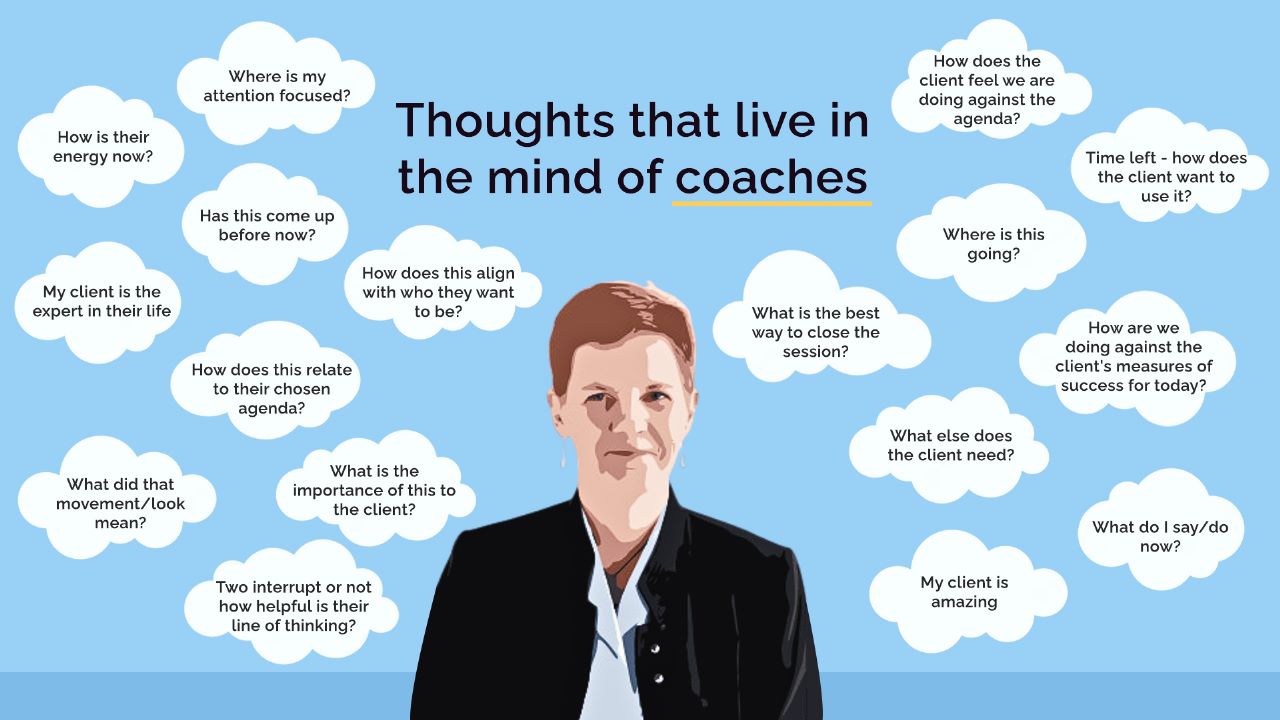 Four Tools for Leadership Success - Part 1
Four Tools for Leadership Success - Part 1
Over the last few years, I have transitioned from working as a program/project manager to speaking to, writing for, and coaching project managers. And I have been paying a lot of attention to the tools that bring success. All too often we seek the “one thing” that will magically make us happy, successful, and effective. There are countless books and courses on the 5 steps to… or the 7 secrets of…
What I have found is that success and happiness come from an ever changing blend of qualities that we need to dial up and dial down. The four I am going to write about today are what seem to be the foundation of a fruitful life journey.
Understanding and cultivating hope
Understanding what resources, we already have – our character strengths.
Understanding and engaging strategies to ramp up bravery – and knowing that bravery often means accepting fear.
And appreciating the light and dark sides of curiosity as guiding mindset.
Hope is often confused with faith, wishing, trusting that things will work out OK. Thankfully it is a more complex and more manageable state of mind. We can take control of hope and make hopeful outcomes more likely to happen.
A couple of times in the last few months, I have facilitated live explorations of hope. It is one of my favorite topics. So much so, that there is a chapter dedicated to it in my upcoming book that will be published by @Wiley in the new year. One of the reasons I love this topic is because it reminds ME to really think about how the environment supports hope.
Back in 2018-19 I asked more than 450 project managers to take the VIA Character Strengths Assessment and the early results showed that the strength of HOPE is one that shows up a lot as a top strength in project managers. Not such a surprise when you think about what project managers do – start with nothing and work with a team to build a vision of the future!
But what IS hope?
Researchers such as C. Rick Snyder and Shane Lopez have helped us to develop a greater understanding of hope and how to harness it.
Hope = Vision + Pathways + Agency
OR
Hope = being able to describe your goals clearly through every sense + being able to identify ways to get to the goals and + believing that you can make the outcome more – or less – likely with the actions you take.
In August 2023, I broke my leg. Two weeks later, I had surgery to repair it. It was particularly frustrating because we have just moved back to Raleigh-Durham and want to be out and about exploring AND is a golden opportunity – because I am using the opportunity to review and replan business strategy. But I was six weeks away from being up and mobile and three months away from driving. Yes, I broke my RIGHT ankle!
There is nothing like lying flat on your back for a couple of weeks to (a) make you bored and (b) help focus your attention on what matters most and what is DOABLE.
I am excited by the new ideas, and the revised goals. And I am energized to put the things in place that will support me in supporting you – with coaching, speaking and writing.
To do that I needed to look at my environment. I couldn’t sit easily at a desk, having a laptop perched on my knee is not healthy so we took a long hard look – and some advice – at what I need to be productive over the next few weeks.
Thanks to my endlessly patient husband, we have been able to come up with wheelchair + table on wheels. It meets the requirement of keeping my leg raised (thankfully it no longer must be raised over my heart!), giving me a well-placed workspace to work on, a professional enough environment, my own space (we were in a rental and were fortunate to have a space like this for me to call my own!)
I felt more hopeful than I have in weeks! I have a vision (more on that to come), I see pathways forward and I feel like I can do things that are going to make this all doable!
What do you have in your environment that supports hope?
Who can help you?
What are you hopeful about?
Want to measure your own Hopeful tendencies. Use this link to access a Hope Assessment.
https://projectmotivator.com/the-future-scale-hope-assessment/
In the intricate tapestry of human emotions and capabilities, character strengths stand as one of the most radiant and transformative threads. Our strengths, those inherent qualities that define our essence, are not monolithic. They're not rigid, fixed entities. Rather, they are as diverse and dynamic as the people who possess them, weaving a rich narrative of our individuality.
Character strengths, as explored in positive psychology, refer to those innate qualities and virtues that are integral to our personality. They represent the positive aspects of our psychological makeup, encompassing traits like courage, kindness, creativity, resilience, and many others. These strengths influence our thoughts, behaviors, and interactions with the world around us. They're the cornerstones of our identities, shaping the paths we choose and the lives we lead.
Society often tends to oversimplify these strengths. We're quick to label someone as "brave" or "kind" based on a single observable act. We pigeonhole individuals into predefined categories, reducing their complex tapestry of strengths to mere stereotypes. But when we embark on the journey of exploring character strengths, we recognize the fallacy of such superficial labels.
Character strengths run deep, far below the surface of what meets the eye. Take courage, for instance. It's not just about facing physical danger; it's also the quiet strength to persevere through emotional turmoil or to admit vulnerability. Kindness isn't merely a superficial act of charity; it's the profound capacity to empathize with others and offer genuine support.
Furthermore, our strengths aren't static; they evolve over time and adapt to different contexts. A person might exhibit immense creativity in the realm of art and innovation, but that creativity can also manifest in problem-solving, relationship-building, or even parenting. It's the versatility of strengths that adds depth to our personalities.
Another aspect that often goes unnoticed is the interconnectedness of strengths. They rarely exist in isolation. When we dive into character strengths, we find that they complement and amplify one another. Compassion can fuel bravery, while curiosity can enhance creativity. Understanding this interplay allows us to harness our strengths more effectively and cultivate a harmonious blend.
Exploring the depth and diversity of character strengths begins with self-awareness. It's about peeling back the layers of societal conditioning and superficial judgments to understand who we truly are. Once we're aware of our strengths, we can nurture and develop them intentionally. This process involves self-reflection, seeking feedback, and finding opportunities to apply our strengths in various aspects of life.
As a coach, I've had the privilege of witnessing the incredible diversity of strengths within individuals. I've seen introverts display remarkable leadership through their wisdom and humility, and I've watched seemingly reserved individuals express incredible courage when aligned with their values. Recognizing and celebrating this diversity is a testament to the richness of human potential.
In the grand symphony of life, our character strengths are the instruments through which we create our unique melodies. They are the shades on our canvas, the ingredients in our recipe, and the tools in our toolbox. But they are far more than mere labels or superficial descriptions. They are the essence of our humanity, waiting to be explored, celebrated, and cultivated.
So, I invite you to embark on your own journey of self-discovery. Look beyond the stereotypes and the surface. Dive deep into your character strengths, explore their diversity, and understand the intricate interplay that makes you who you are. Embrace the complexity of your strengths, for within that complexity lies the beauty of your authenticity.
In my upcoming book, "Be Hopeful, Be Strong, Be Brave, Be Curious," I delve deeper into the exploration of character strengths and how they can be harnessed to lead a more meaningful and fulfilling life. It's a journey of self-discovery, growth, and transformation. Stay tuned for more insights and guidance on this profound voyage of self-awareness and personal development.
Discover your strengths by taking the assessment here: https://BeHopefulBeStrong.pro.viasurvey.org/
To find out more about these topics and more, order Ruth’s book (due for publication by Wiley Publishing, February 2024):
Be Hopeful; Be Strong; Be Brave; Be Curious – How Coaching Can Help You Get Out of Your Own Way and Create a Meaningful Life https://www.amazon.com/Hopeful-Strong-Brave-Curious-Meaningful/dp/1394206542/
Want to connect with and learn more about Ruth Pearce? Connect with her on LinkedIn https://www.linkedin.com/in/ruth-pearce/ and check out her LinkedIn Learning Courses for Project Managers: https://www.linkedin.com/learning/instructors/ruth-pearce.
References
Snyder, C. R. (1994). The psychology of hope: You can get there from here. Free Press.
Lopez, S. J. (2013). Making hope happen: create the future you want for yourself and others. New York, Free Press.
Kashdan, T. B., Disabato, D. J., Goodman, F. R., & McKnight, P. E. (2020). The Five-Dimensional Curiosity Scale Revised (5DCR): Briefer subscales while separating overt and covert social curiosity. Personality and Individual Differences, 157, Article 109836. https://doi.org/10.1016/j.paid.2020.109836
HBR Spotlight Series – Why Curiosity Matters: https://hbr.org/2018/09/the-business-case-for-curiosity?ab=seriesnav-spotlight
Character Strengths VIA Website: https://www.viacharacter.org/
Biswas-Diener, R. (2012). The courage quotient: How science can make you braver. Jossey-Bass/Wiley.
Pury, C. L. S. (2009). Courage (S. J. Lopez, Ed.). In S. J. Lopez & C. R. Snyder (Eds.), Oxford handbook of positive ps
Tags: Future of Work, Mental Health, Coaching
 Golden nuggets - Does reading for five minutes prime your emotional intelligence as a leader?
Golden nuggets - Does reading for five minutes prime your emotional intelligence as a leader?
After reading Atomic Habits by James Clear several years ago on a recommendation from Andy Kaufman, I am a big proponent of incremental change. It works for getting things done and it works for coming back from burnout. Incremental change works. I use that approach in coaching, in my business and beyond!
So in every book I read, I look for golden nuggets. Small actionable activities that can help me and others learn, grow, make progress, feel better, create contentment, whatever it might be. Reminded by Robert Biswas-Diener and Christian van Nieuwerburgh that old books don't mean useless books, I have been dipping back into some books that are more than two years old!
This holiday my friend and colleague Lisle Baker sent me two such interesting reads. The first is the Good Lawyer by Douglas Linder and Nancy Levit and in that book on page 22 I found my first nugget.
Referencing an article in the The New York Times by Pam Belluck which explored the popular idea that reading literary fiction could make us more emotionally sensitive (intelligent). Sadly, since the publication of the book and the original research, more than just the theory has been discredited. However, I am curious to know what others think.
When you read literary fiction - not just popular formulaic fiction, but the type of fiction that leaves much to the imagination and describes complex characters - does it help you to understand and maybe even read people better?
I like this theory because it aligns with the work that Geoff Crane has been doing around emotional, social and motivational intelligence. To achieve goals we need to engage our imagination. To consider how others might be feeling, we need to engage our imagination and so on...
Here is a way to test out the theory for yourself.
Step 1: Take an assessment based on reading facial expressions. This one from the The Greater Good Science Center caught my attention.
Wait a couple of days - otherwise you will likely remember the answers to the quiz!
Step 2: read a short piece of literary fiction. Not sure where to find such a thing - well here is a link to some examples. All quick but thought provoking reads by recognized scribes. I wish there were more examples of literary works by non-white people! I will keep looking.
Step 3: Take the assessment based on facial expressions again and compare your scores.
https://greatergood.berkeley.edu/quizzes/ei_quiz/take_quiz
This is not the most scientific experiment - and I am not claiming that it is a basis for measuring the applicability of the theory, but I found it an interesting exercise nonetheless.
Let me know what you discover in the comments.
What is the other book you may be asking yourself... Beyond Reason by Roger Fisher and Daniel Shapiro. Watch this space for more on the "Core Concerns"
__________________________________________________________________
In addition to speaking about human skills in #leadershipdevelopment, and #Linkedinlearning instructor, Ruth Pearce is a coach and speaker. Want to find out more about working with her?
Book a chemistry call here: Ruth Pearce Calendar
__________________________________________________________________________
Tags: Leadership, Future of Work, Mental Health
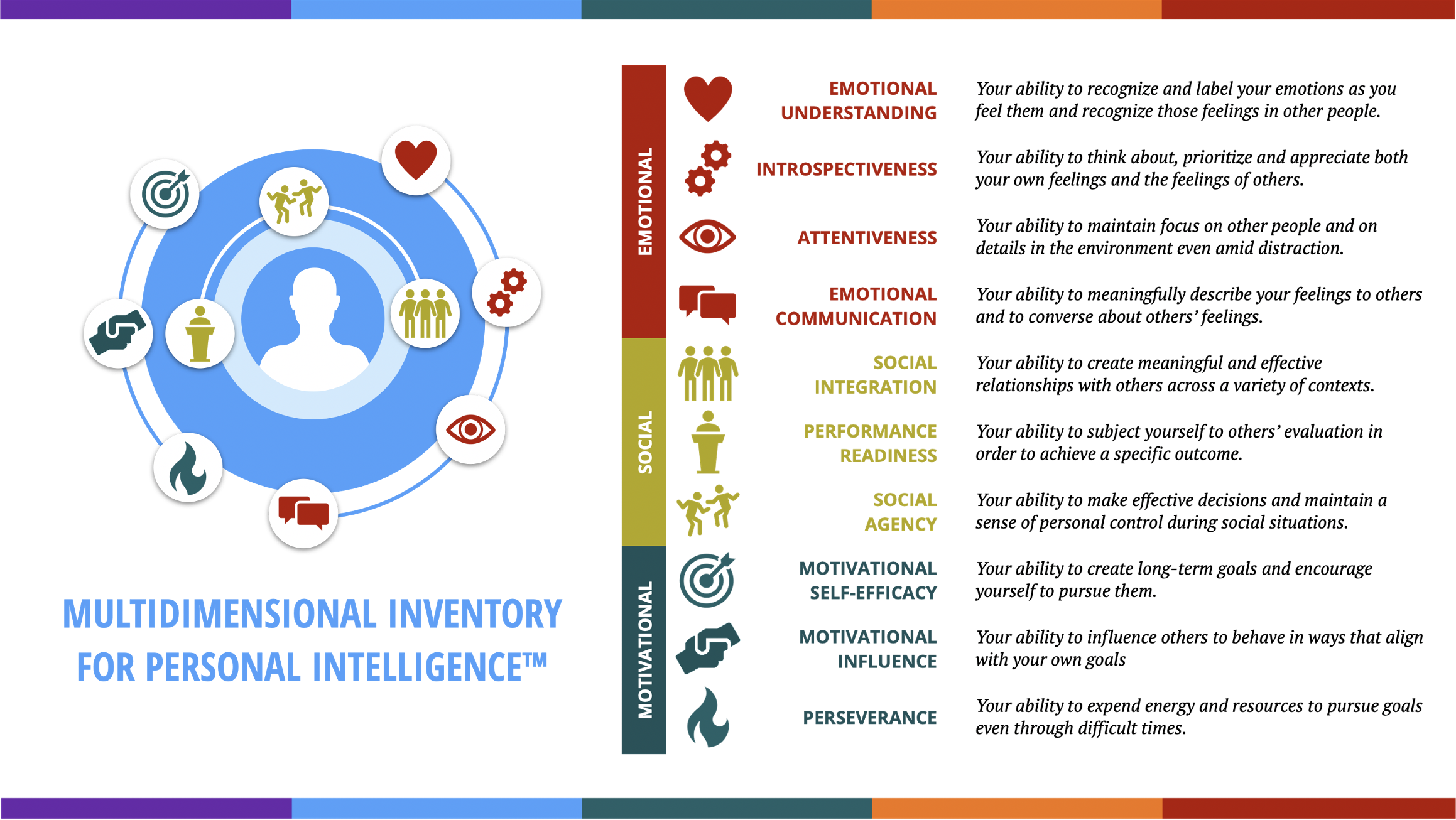 Purpose, Sensitivity and Sociability… Measurement & Development for Leaders
Purpose, Sensitivity and Sociability… Measurement & Development for Leaders
Since 2016, I have been spending a lot of time on motivation. In coaching we often focus on reconnecting clients to their values and dreams.
It is not hard to believe that most of us want to have a sense of purpose in what we do. It is easier to motivate ourselves, keep going in hard times, and even to speak out to motivate others when we have a sense that our goals mean something.
Purpose is what makes us get up in the morning. It is what makes us choose thoughtfully and deliberately. Keeping a focus on our sense of purpose aids in decision making by helping us to baseline choices against our overall purpose.
What is your purpose?
What motivates you?
As painful as it is to watch, this clip from the movie Up in the Air always gives me pause.
AND what if you could MEASURE your motivation?
Working with motivation has been so, well motivating. In 2018 I was able to get a book published by the fabulous Berrett-Koehler publishers about the topic – Be a Project Motivator: Unlock the Secrets of Strengths-based Project Management.
Three years later the content of the book was the basis of my first LinkedIn Learning course – Project Manager to Project Motivator: Unlock the Secrets of Strengths-based Project Management. This course has been watched by nearly 10,000 people in the 15 months since it was launched. And it will receive some additional material in 2023 to round out the topic and introduce balanced engagement AND disengagement.
I have spoken in many forums about the way in which Character Strengths connect us to our motivation, about intrinsic motivation vs extrinsic motivation. …
So, imagine my excitement when I learned we can MEASURE motivation.
When I met Geoff Crane of Adaptimist Insights, I was excited because this is a person who has dedicated more than 10 years to researching the assessment, he was showing me. I love well researched assessments. And even better for me, he had been studying thousands of project managers as part of his work. My tribe. It is so rare that anyone I speak to has paid specific attention to project managers, that I had to ask him to repeat himself!
Although the assessment started out life as an update to emotional and social intelligence measurement (more on those in future blog posts), motivational intelligence – or PURPOSE had appeared in the data. Geoff and the team had identified three competencies related to purpose.
Many of us know and admire people who are high in this competency. They are the ones who always seem to keep their eye on the ball, they don’t get distracted or put off, they aim high and don’t settle for less! The challenge of being highly self-efficacious is that we may not be satisfied with what we do achieve or may become unrealistic about what is achievable which can lead to sticking too long with a goal.
We tend to admire people who are “driven” In this way, but there are advantages to being lower in this competency. Low MS people tend to be easy going, can change direction quickly without getting frustrated or upset, they tend to take life moment by moment and not think too much about the future. The challenge tends to be indecision and reactivity- low MS people tend to go with what feels best right now without considering what might be best going forward.
This is the ability to motivate others to act in accordance with OUR goals – to help us achieve our goals. The strength of high MI is that individuals can get more help accomplishing their purpose, the challenge is that that may mean that people are persuaded to do things that are not good for them or the greater good. High MI is sometimes equated with charisma. And charismatic individuals are persuasive but there is no guarantee what they will focus on as a goal.
Low motivational intelligence people often feel that they are at the whim of others. They often prefer to work alone and may have trouble delegating effectively in the absence of formal authority. With authority, they can be effective leaders in situations where there needs to be one decision maker because they tend to be knowledgeable about their subject area.
This is the difference between planning to do something and seeing it through when faced with a challenge. Often perseverance is related to a sense that the task is easily doable, that others will support our choice of the task and that we think the behavior is desirable. Low perseverance individuals will often find reasons not to pursue the goals, finding errors and gaps in their plans that may not be as large as they perceive them. High perseverance people tend to keep going after their goal relentlessly which in extremes can mean that they trample on the feelings of others or lose sight of personal commitments which can damage relationships.
Whatever our levels of each of three competencies, there are challenges AND strengths, AND more importantly, we can change our levels. These competencies can be learned and developed! We can also learn to apply them selectively – choosing when to push through and evaluating when the cost is too high, or the goal no longer makes sense.
When we understand the motivational competencies of the people we work with, we can develop strategies to boost their natural strengths and mitigate the challenges. And ultimately that means we can get more done. Which is a great opportunity for project managers!
Let’s look at the scene from Up in the Air again.
How did Bob, the character being made redundant fair in the three competencies?
Motivational Self-efficacy? Did Bob believe in his goals? Had he succeeded in similar goals? Did he see others achieving their dreams? How was his self-talk?
Motivational Influence? Was he able to persuade others that his goals were a good idea? Did he get others to help him?
Perseverance? How easy was his goal? Did he think others would support it as a goal? Did he believe it was a worthy, desirable, admirable goal?
How did his purpose change?
When he was studying it seems he had high MS. He studied, he worked at a high-end restaurant to maximize his learning. As soon as he had a family to worry about though he put his goals aside and exchanged them for new goals. It seems he did not really consider pursuing his dreams. That first paycheck tempted him away and onto a new path. He quickly changed his priorities and gave up on his original goals.
Not that there is anything wrong with choosing a new path. For some people having a family and doing work that pays enough to comfortably support that family is motivation enough. But there is a difference between reasoning the choice out and intentionally choosing a new path and giving up at the first hurdle and not looking for compromises or ways to balance the choice. For example, I have a friend who is a skilled tradesman who delights in working part time in the kitchen at a local restaurant.
The point is that without building our motivational skills ideas will just come and go and won’t come to fruition. We need to have a goal, believe in the goal, get others to support our goal and keep going when the going gets tough!
Want to learn more about it? Want to see YOUR current measure of motivational intelligence or purpose?
Email me at mailto:RuthPearce@allellc.org ______________________________________________________________________________
Link to find out more about what motivates each workplace generation: https://www.shrm.org/resourcesandtools/hr-topics/behavioral-competencies/global-and-cultural-effectiveness/pages/what-motivates-your-workers-it-depends-on-their-generation.aspx
Link to order Ruth’s book Be A Project Motivator: https://www.amazon.com/Be-Project-Motivator-Strengths-Based-Management/dp/1523095792/
Link to check out the LinkedIn Learning course: https://www.linkedin.com/learning/project-manager-to-project-motivator-unlock-the-secrets-of-strengths-based-project-management
Link to check out all four courses: https://www.linkedin.com/learning/instructors/ruth-pearce
Learn more about Ruth: www.linkedin.com/in/ruth-pearce
Link to meet Ruth online: Calendar Booking with Ruth
Take your FREE VIA Character Strengths assessment here: http://LIL.pro.viasurvey.org
Tags: Leadership, Future of Work, Mental Health
 Making sense of how YOUR character strengths can help as a leader and a follower
Making sense of how YOUR character strengths can help as a leader and a follower
Jo works in education in the U.K. Her signature character strengths are Fairness, Humor, Judgment, Social Intelligence and Prudence.
Her lesser strengths – on a typical day – are Gratitude, Hope, Spirituality, Appreciation and Self-Regulation.
As schools close their doors during this crisis, and families face the challenge of being at home, reduced income and still giving their children an education, she and her colleagues are working tirelessly to create a consistent learning environment. When asked how things are going, she said, “I have never worked as hard in my life!” Between work commitments, juggling a family of six people stuck in the house, managing updates, checking in on family and friends, it is a whirlwind of calls, texts, emails …
So, I asked her how strengths help:
1. TEAMWORK & GRATITUDE: “The family has realized that we are in this together. It is not perfect, and we have our moments of frustration, but for the most part everyone is focused on doing their part to make all of this work. I am so grateful that we are being mutually supportive – at home and at work – and that everyone has a “can do” attitude.”
2. SELF-REGULATION: “We are keeping to a regular schedule, getting up at the normal time, dressing for school and work as usual – YES that means wearing school uniform. There is so much chaos and confusion and it is easy to be swept along in “what ifs” and catastrophic thinking. I keep asking the question, “What is one thing we can do now?” This helps me and my family stay focused on what is possible, and what is happening in this moment and not to dwell too much on what might – or might not - be coming next.”
3. LEADERSHIP and PERSPECTIVE: “the decisions I am making at home and at work have an impact on many people. My concern is not just for family and friends. I am concerned about the students from my schools, their families and their friends. I am privileged to be able to do more than most to make this process less bewildering and more manageable than it would otherwise be.”
4. PRUDENCE & CURIOSITY: “We have a plan that guides us day-to-day and we make any adjustments as needed. Noone has all the answers in this situation, so we learn as we go and look to each other for ideas and suggestions. There are lots of questions such as “how else might we do this?” and “What do we need in this moment?” and “What is one step we can take that will make things a little better right now?” So far, we have set up an obstacle course in the living room!
Tags: Leadership, Future of Work, Mental Health
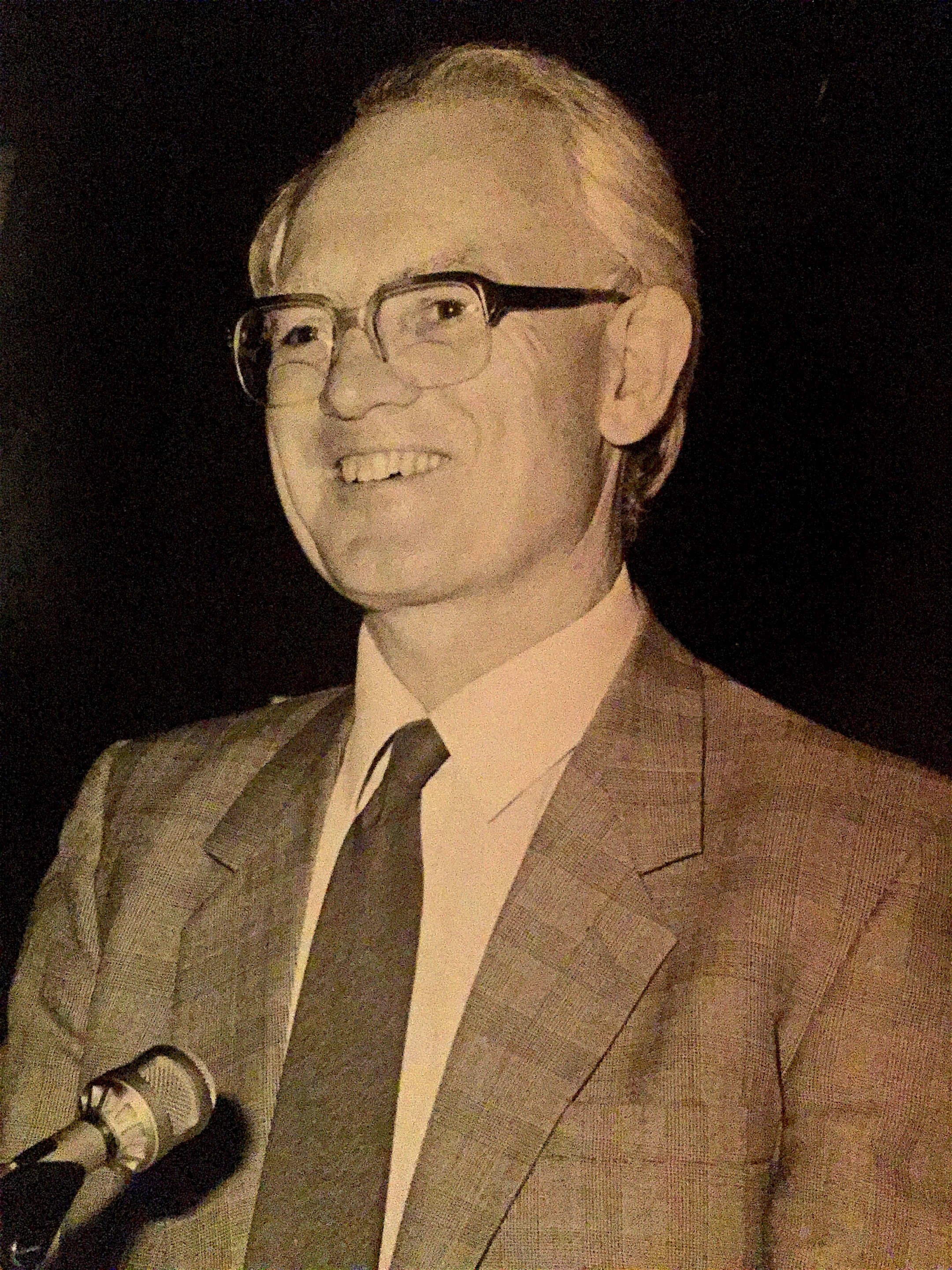 Thank you to my father - Rick Kelly, 1930 - 2000
Thank you to my father - Rick Kelly, 1930 - 2000
I shared a post about my dad on LinkedIn for Father's Day - he would be astonished at the response! Perspective - He died 20 years ago. I miss him. He was a complicated man - like the Curate's egg, good in parts. He and my mother had a challenging history. There are many ridiculous stories about his odd behavior, and then there are as many stories about his compassion. He never wanted to be a father, and was dismayed to find that once one, always one. It is not a role you can shed like a job. Being a father was something he worked hard at, failed at, succeeded at, and was probably a burden to his mental health. Recently I wondered aloud why I know a little about South African history. Love of learning - Then I remembered - at 13 years old, when my school project was to write about another country, my father pushed me to look further than France or Italy. He wanted me to explore a country that the students didn't know about. I decided on South Africa because my sister's friend and her family were planning to move there. And I could interview them - something I was confident other members of my class would not be doing. After I showed my father lovely pictures of South Africa cut from magazines, he told me to look deeper. That was in 1976, almost 20 years before the official end of Apartheid. What I read shocked and dismayed me. And it opened my eyes to the idea that things are not always what they seem... there is generally another side to the story. Social Intelligence - When I was 15, he gave away a suit, shirt & shoes to a homeless man trying to get a job. He befriended the man on his way to work, he bought him breakfast some days. I asked why & he said "because if I had made different turns, that would have been me". Curiosity - At 17 I asked, "Dad, what type of people do you admire" he replied, "interesting people". I asked him, "what type of people are they?" He answered, "anyone who can share a story I don't know...so practically anyone". Bravery - When I was 19 he told me to "Get comfortable with being uncomfortable - it beats staying in your comfort zone, and it is the only way to grow." Love - My father helped shape my world. He shared anxiety, and perfectionism, his love of learning, his curiosity about all things, his gratitude, and his abiding sense of fairness. And he modeled bravery. Thanks Dad️ Fathers & leaders - how you think and behave sets the tone for your children, your teams and all around them! Your answers matter!
Tags: Leadership, Future of Work, Mental Health
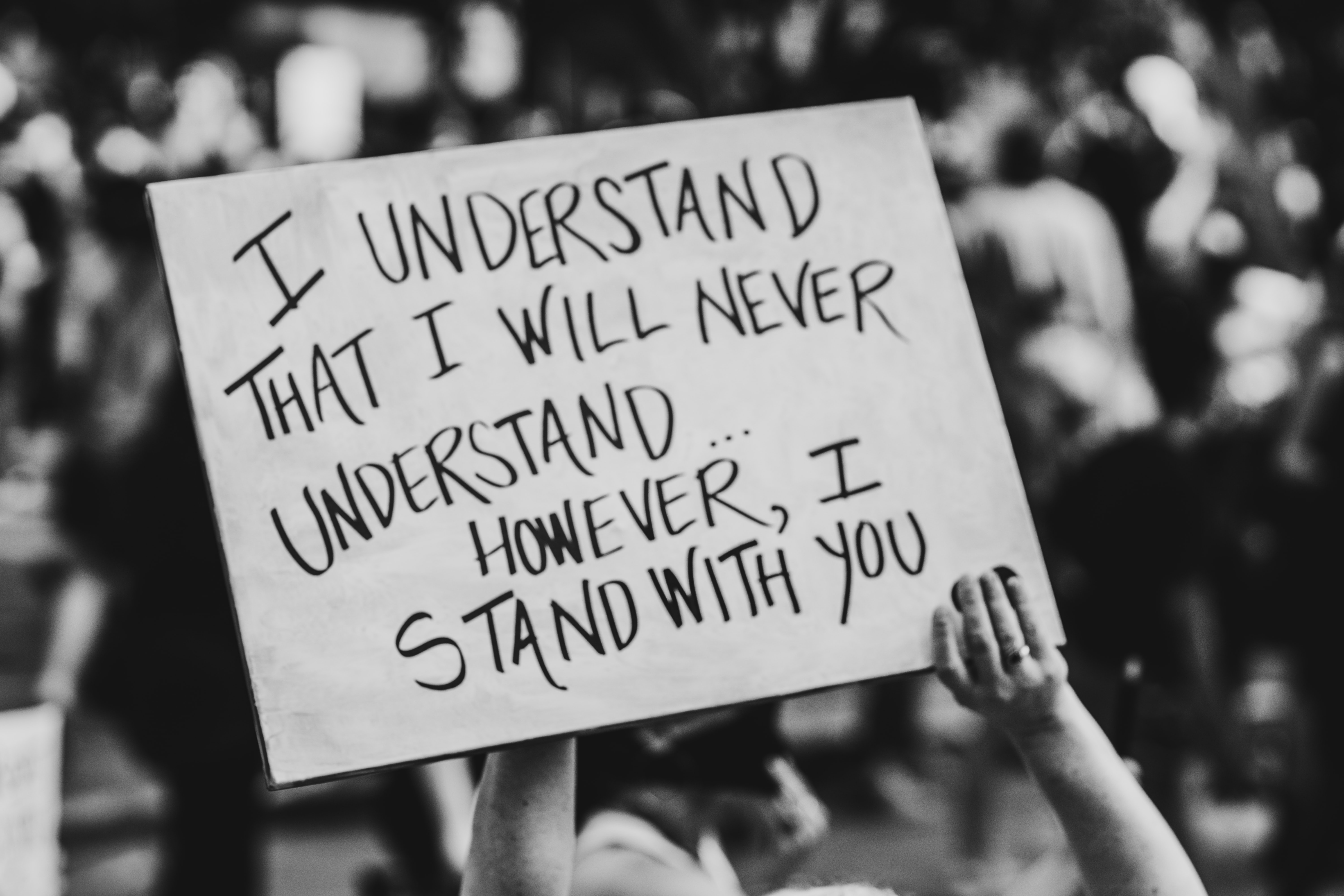 Choosing Your Role Model as a Leader or Follower
Choosing Your Role Model as a Leader or Follower
At any time, some people are better positioned than others – financially, socially, emotionally and psychologically – to ride out ups and downs. As a character strengths practitioner, it can feel insensitive to people’s practical needs to recommend focusing on character strengths. Yet I have been having an ongoing conversation with a loved one and in every conversation, she has shown me that character strengths matter. FINDING A ROLE MODEL IN AN UNEXPECTED PLACE My loved one is a nurse. On the upside this means that she probably has a tough immune system and that she has well-established hygiene habits that she uses even when on autopilot. On the downside, she is exposed every day. She told me how she has been leaning heavily on her character strengths: 1. Hope: she is trained to deal with situations that are just plain terrifying for the rest of us. She does not focus on the news cycles; she searches medical articles and up to the minute studies for real data. That real data, while worrying, is reinforcing her sense of hope. 2. Prudence and Perspective: she has been reminding me that we have no serious underlying medical conditions, we live in a safe place with access to the food we need so we are not at high risk. She recommends keeping a safe physical distance from others and at the same time making sure we don’t leave others cut off during this difficult time. 3. Judgment: she has been recommending that we take stock of concerns and prioritize them; then focus on your top two priorities. You cannot take care of everything at once. Then, for those two priorities think about: • What you have done in the past that has worked. • Who can help you – even if it is offering moral support? • Who you can help in some small way? 5. Kindness: she is finding that focusing on others is helping her to divert attention from her own worries. She focuses on small acts of kindness such as an extra call to an isolated patient or leaving a couple of cans of food on a neighbor’s step. Helping others is empowering even when we are struggling ourselves. 6. Kindness 2 (Self-kindness): she keeps reminding me that we cannot stress 24/7 and that we need mental health breaks. FIVE QUESTIONS TO GROUND YOURSELF: 1. Who is your role model? 2. What is your #1 priority? 3. Who is someone that can help you even in a small way? 4. Who can you help? 5. What character strengths does your role model display?
Tags: Leadership, Future of Work, Mental Health
 The Power of a Timeout - for Leaders, Followers and for Mental Health
The Power of a Timeout - for Leaders, Followers and for Mental Health
Amy, Sally’s client, called to say she could not make the appointment. As a hospital administrator at a time of pandemic, there was no time for a call. Sally offered to spend a few minutes for a check-in. Amy reluctantly agreed. Amy asked immediately, “please share with me the ways you or your other clients build resilience.” Instead of answering, Sally asked, “what has worked for you in the past?” Amy paused, took two deep breaths and a list flowed forth: 1. Walking in nature 2. Music 3. Meditation – she remembered she has an app she likes that she has not used in a while 4. Poetry reading – she remembered that she has a big book of poetry that was given to her as a birthday present. Sally asked, “And what are some options?” “Well,” she said, " it occurs to me that I can play music on my commute. I can plan to walk at lunchtime. If I cannot get out, I will use my meditation app to do a five-minute meditation. And I can read a page of poetry before bed.” She sighed. “Wow, it is really quite easy now I come to think about it. With a plan I will make sure I take a few breaks” As the conversation drew to a close, Sally asked, “how do you feel now?” Amy replied, “I feel SO much better! My head is clearer, my mind is more focused, my mood has lifted, I have a plan for ways to help myself in the coming days. I feel great! AND, “I learned that taking this timeout for myself was not a luxury I could not afford, it is a necessity that will help me be more effective.” Personal timeouts during times of stress are not luxuries they are necessities. They help us focus, identify priorities, make better decisions and feel better. And when we feel better, we act better!
Tags: Leadership, Future of Work, Mental Health
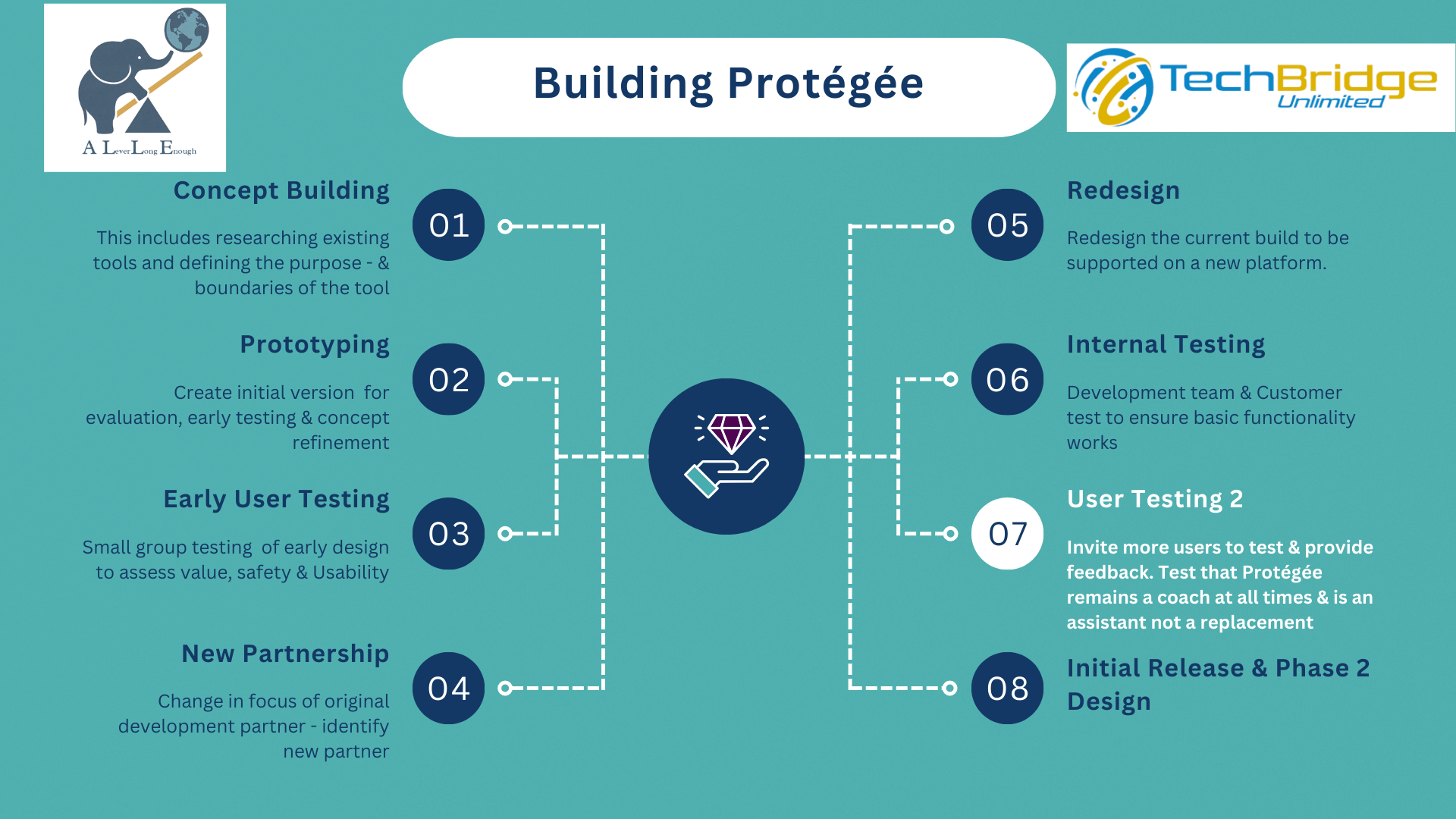 Volunteer Testers for our AI Coaching Assistant - Protégée
Volunteer Testers for our AI Coaching Assistant - Protégée
Location: VIRTUAL Payment: 0
Service Type: Service Needed
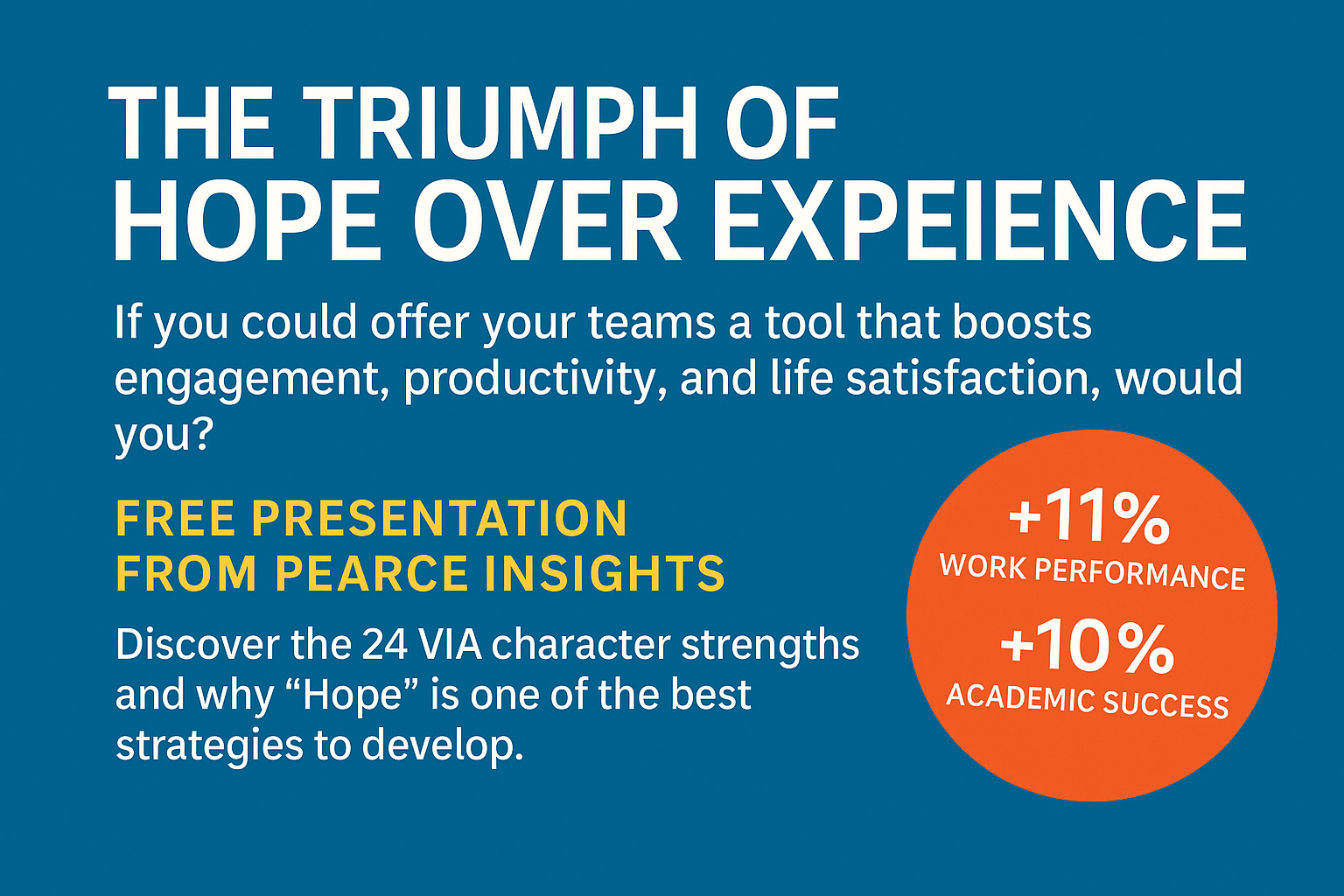 THE TRIUMPH OF HOPE OVER EXPERIENCE
THE TRIUMPH OF HOPE OVER EXPERIENCE
Location: Durham, North Carolina Fees: 0
Service Type: Service Offered
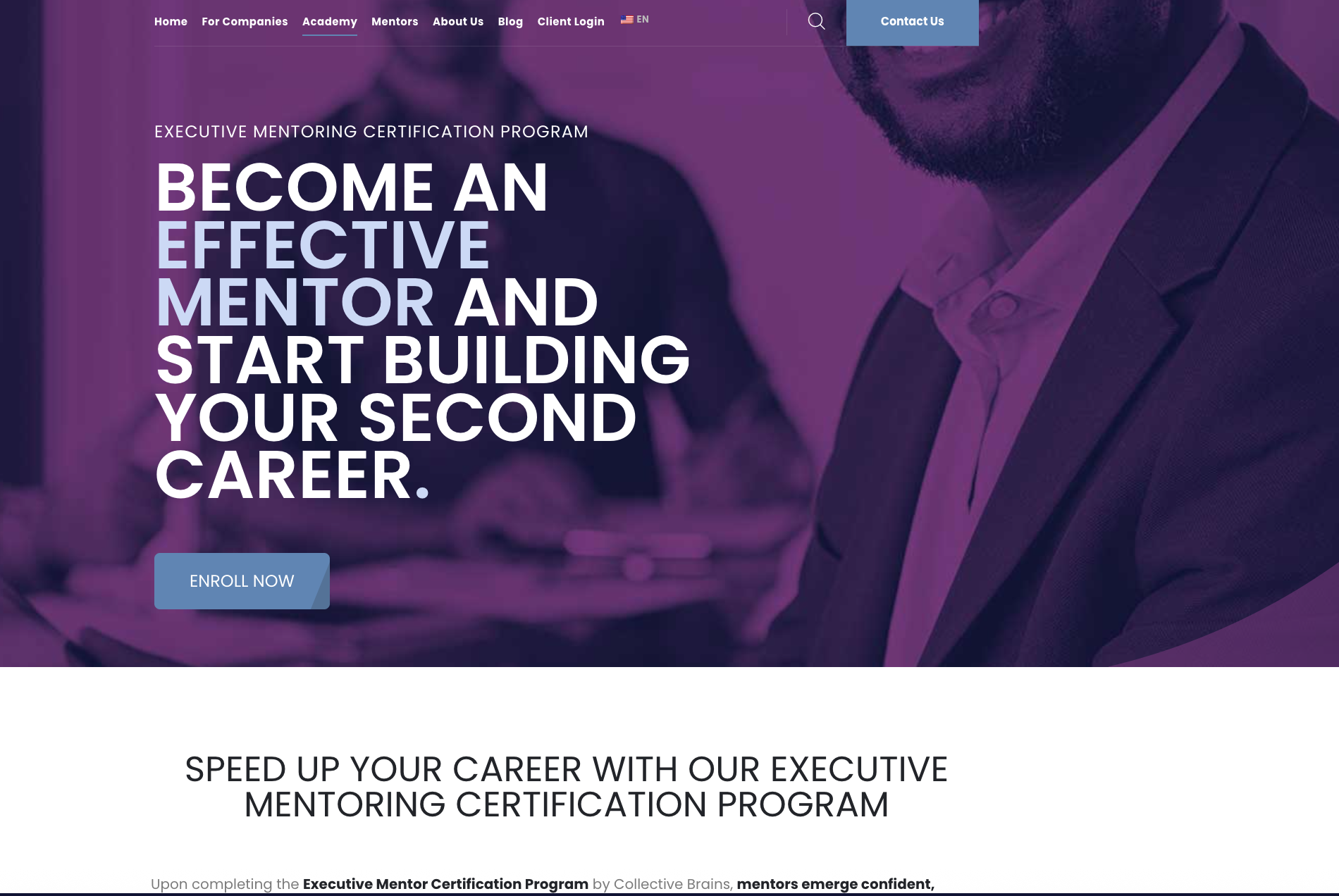 NCPMI Annual Conference
NCPMI Annual Conference
Location: HILTON RALEIGH - 3415 Wake Forest Rd, Raleigh, NC 27609 Date : August 25, 2025 - August 25, 2025 Organizer: NCPMI
 EXCUTIVE MENTOR TRAINING
EXCUTIVE MENTOR TRAINING
Location: VIRTUAL Date : October 07, 2025 - December 16, 2025 Organizer: COLLECTIVE BRAINS
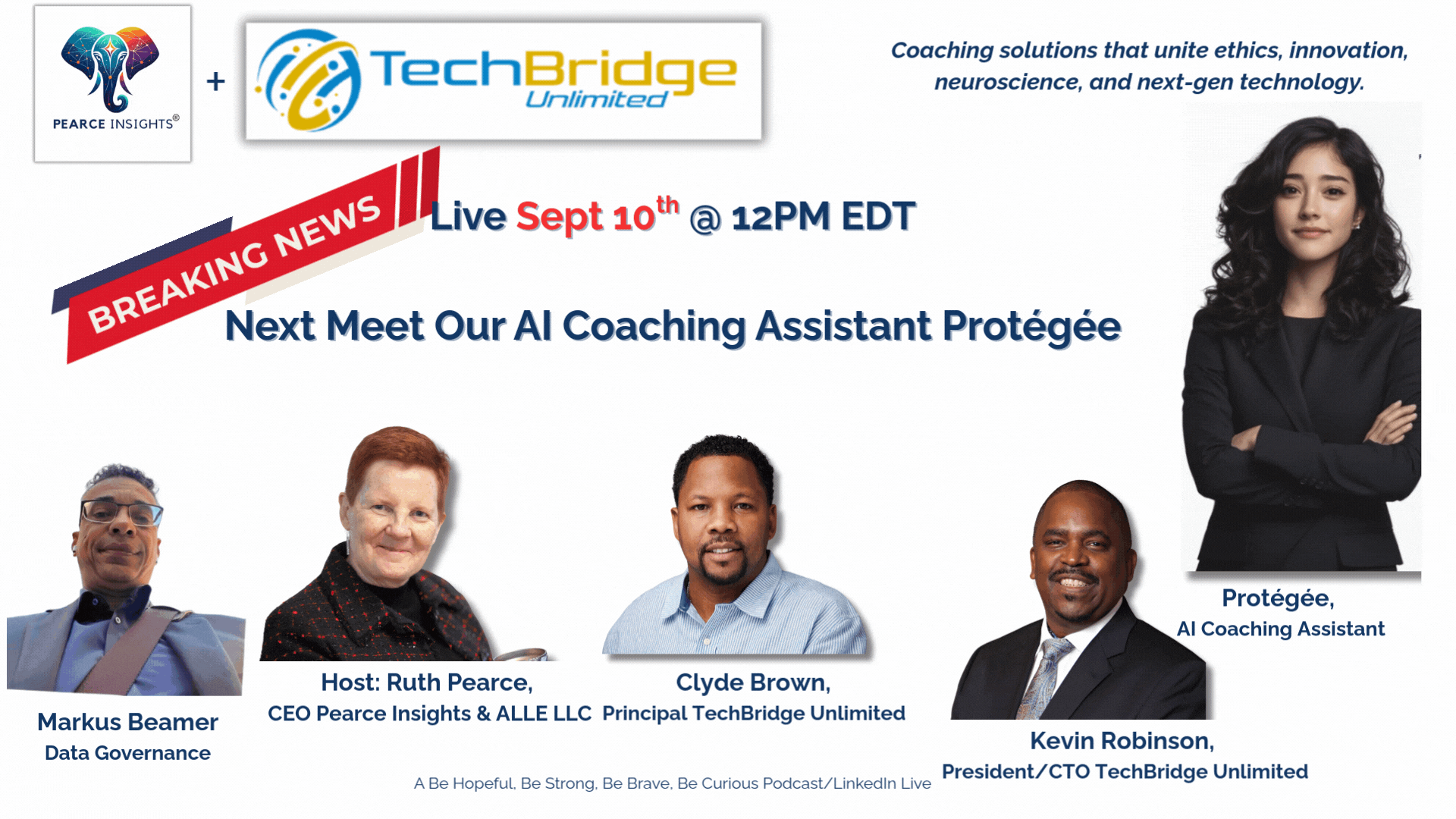 NOW MEET PROTÉGÉE - AI COACHING ASSISTANT
NOW MEET PROTÉGÉE - AI COACHING ASSISTANT
Location: LINKEDIN LIVE Date : September 10, 2025 - September 10, 2025 Organizer: A LEVER LONG ENOUGH & TECH BRIDGE UNLIMITED
 Projectland Goes to the Movies: 22 Blockbuster Strategies for Project Success Kindle Edition
Projectland Goes to the Movies: 22 Blockbuster Strategies for Project Success Kindle Edition Nervous System Intelligence (NSI) Theory: A Biological Architecture of Readiness for Change that Holds
Nervous System Intelligence (NSI) Theory: A Biological Architecture of Readiness for Change that Holds What we learned about AI coaching from our (amazing) focus group
What we learned about AI coaching from our (amazing) focus group I found my rhythm during Bar Prep and I Am Not Giving It Back!
I found my rhythm during Bar Prep and I Am Not Giving It Back!